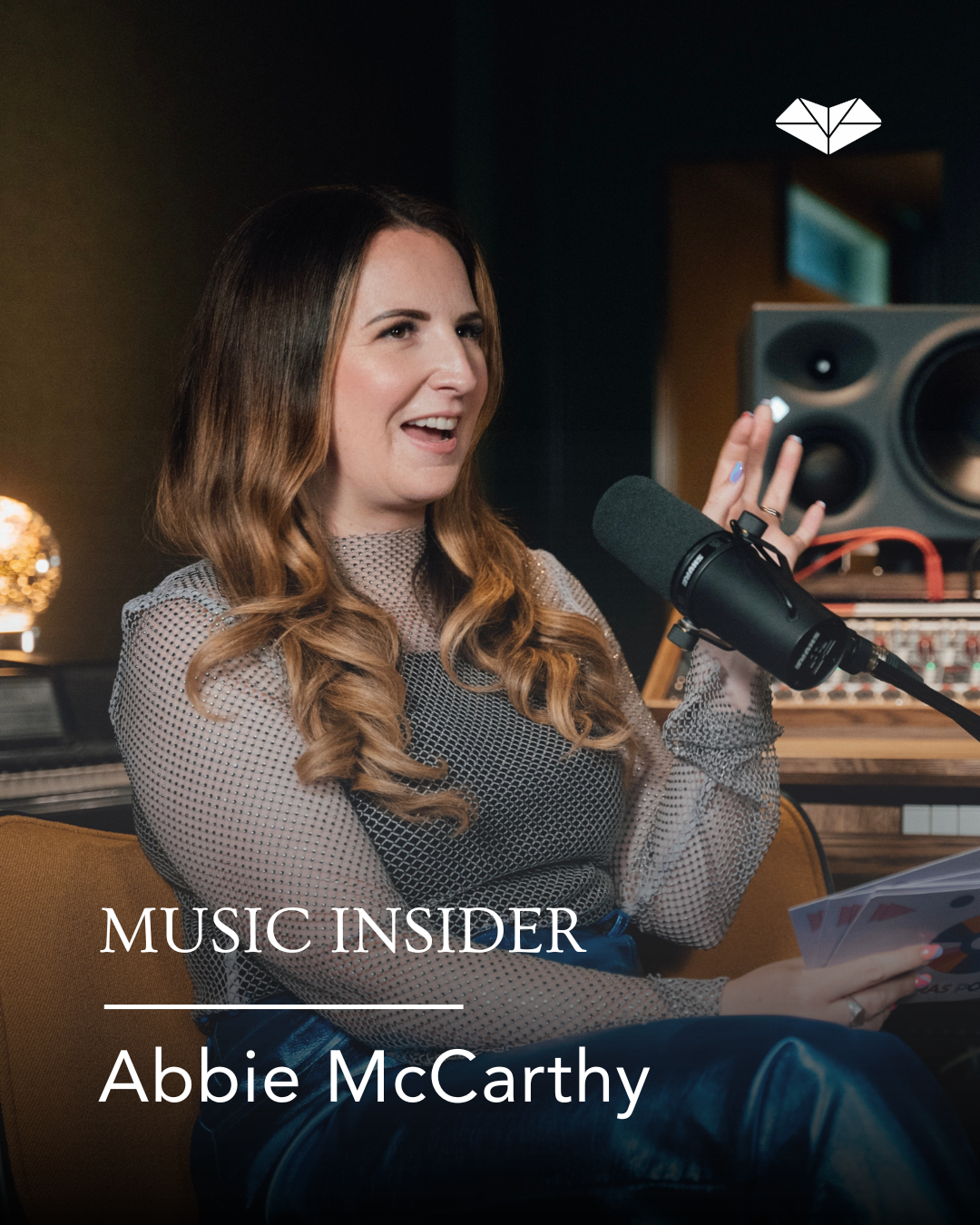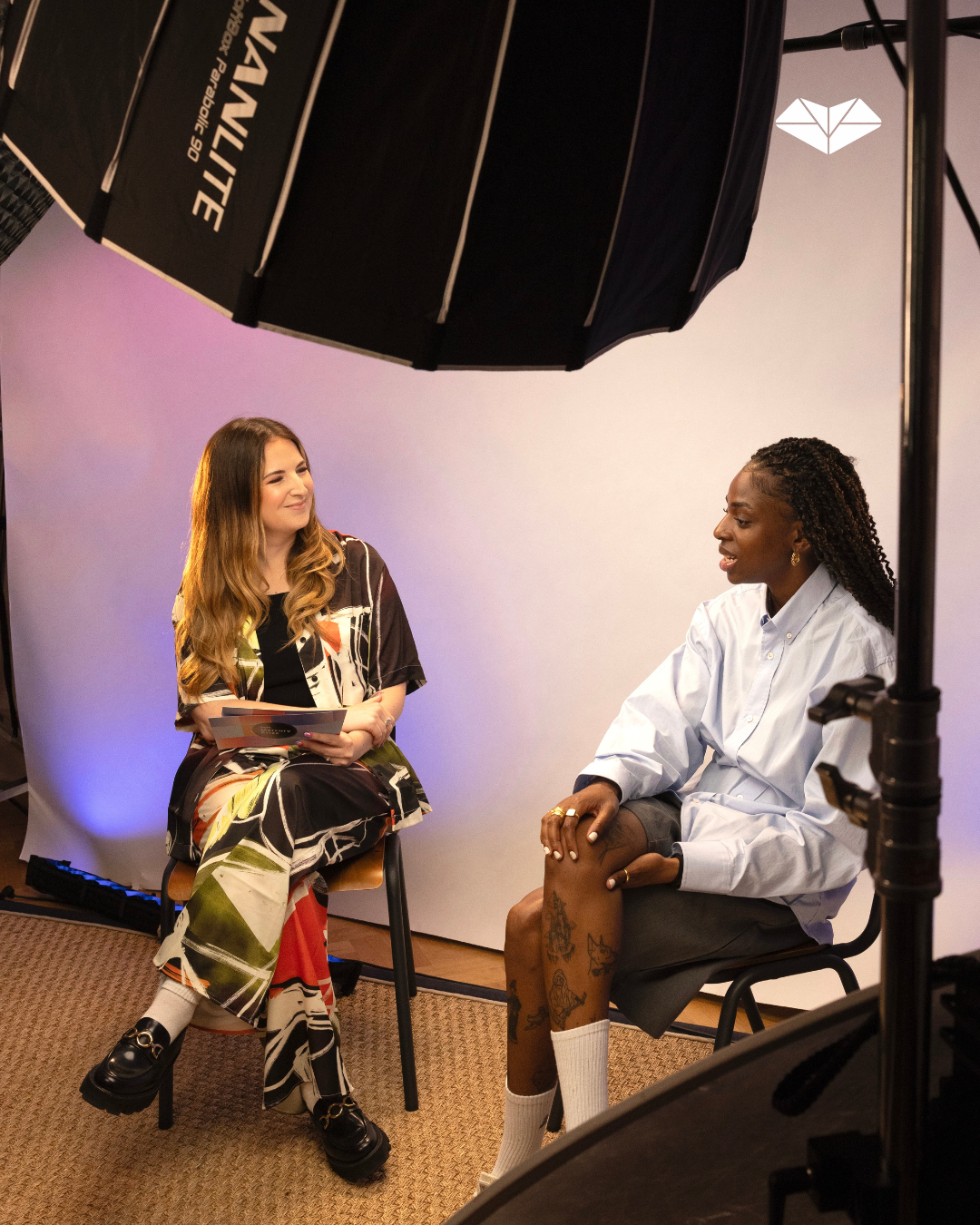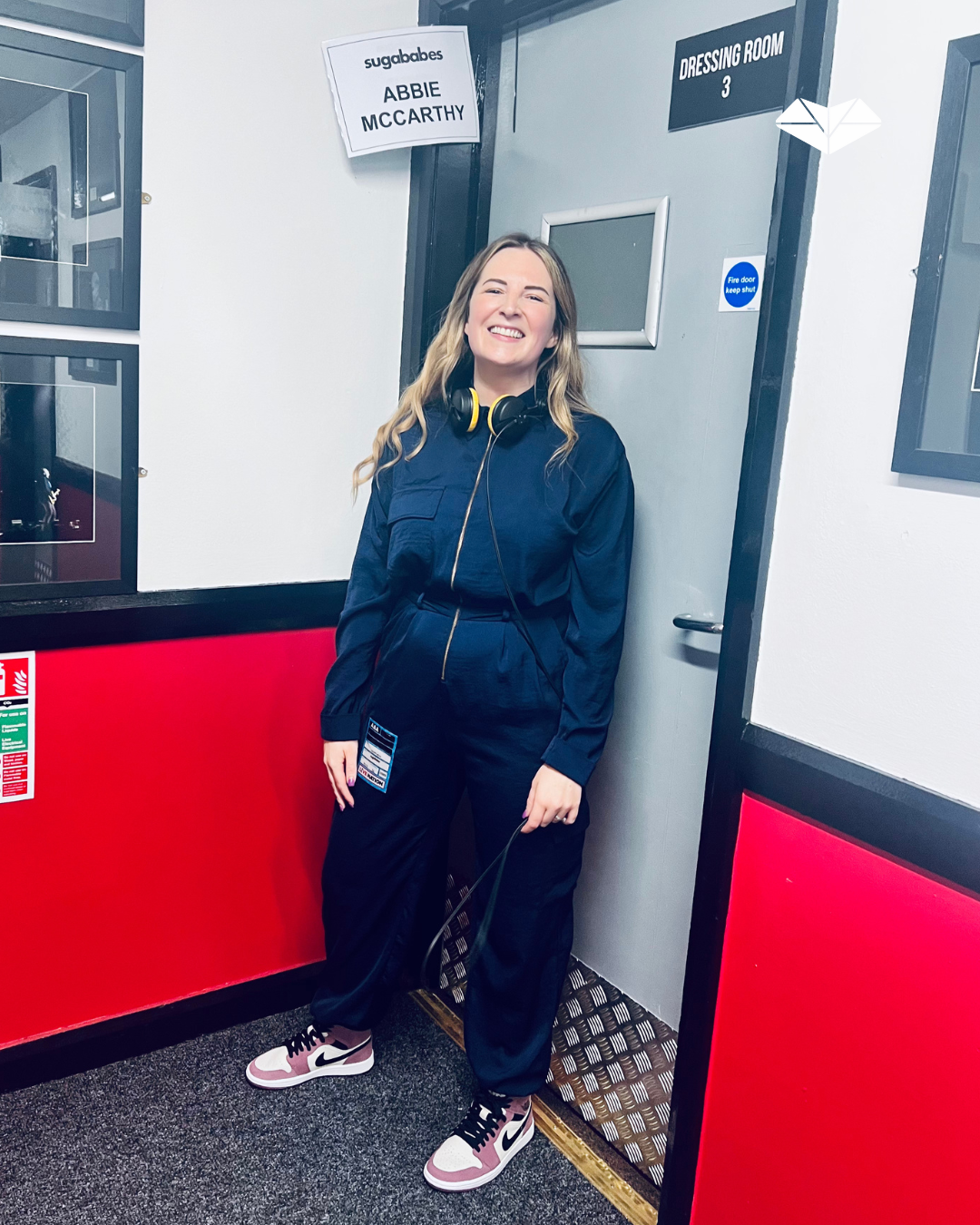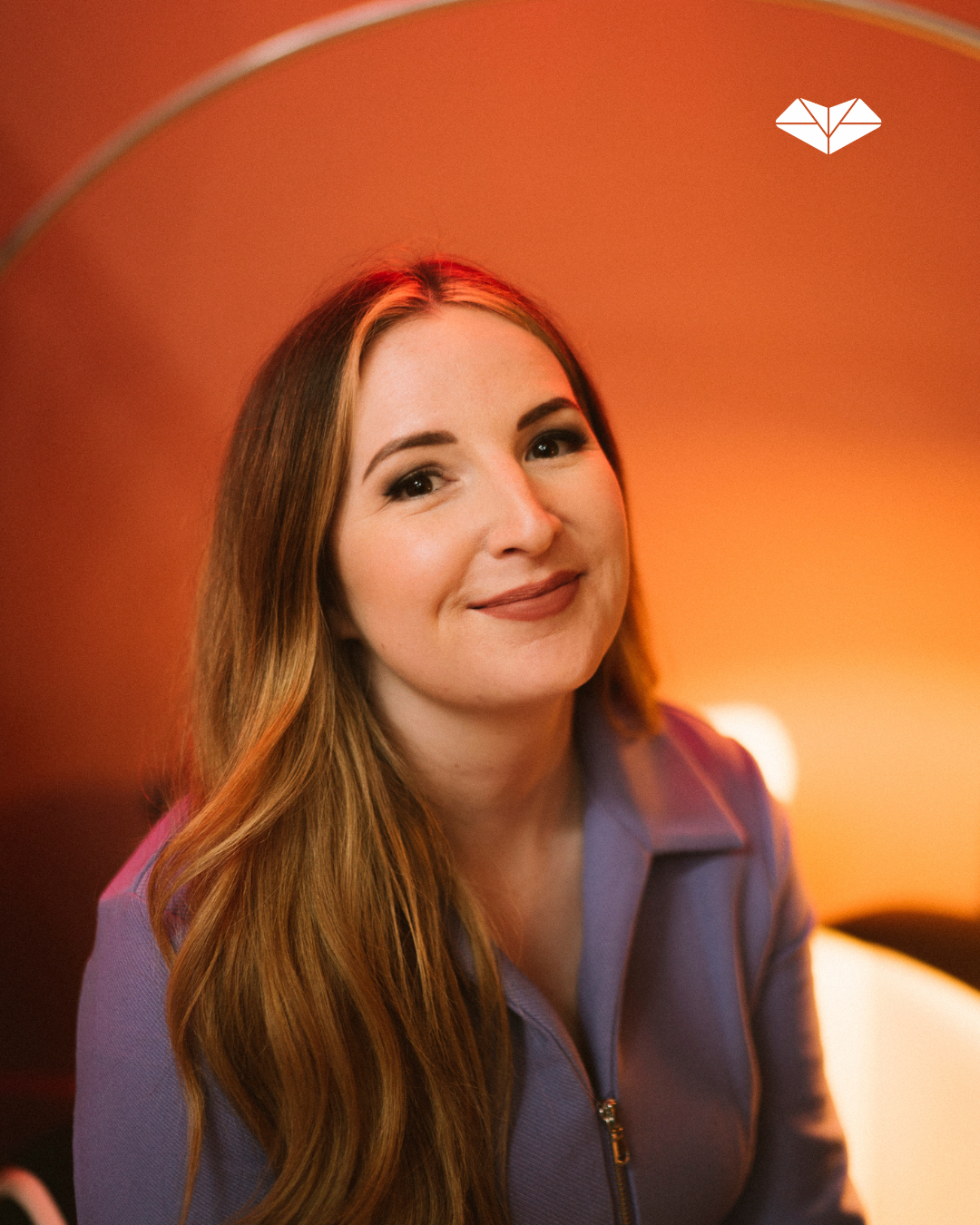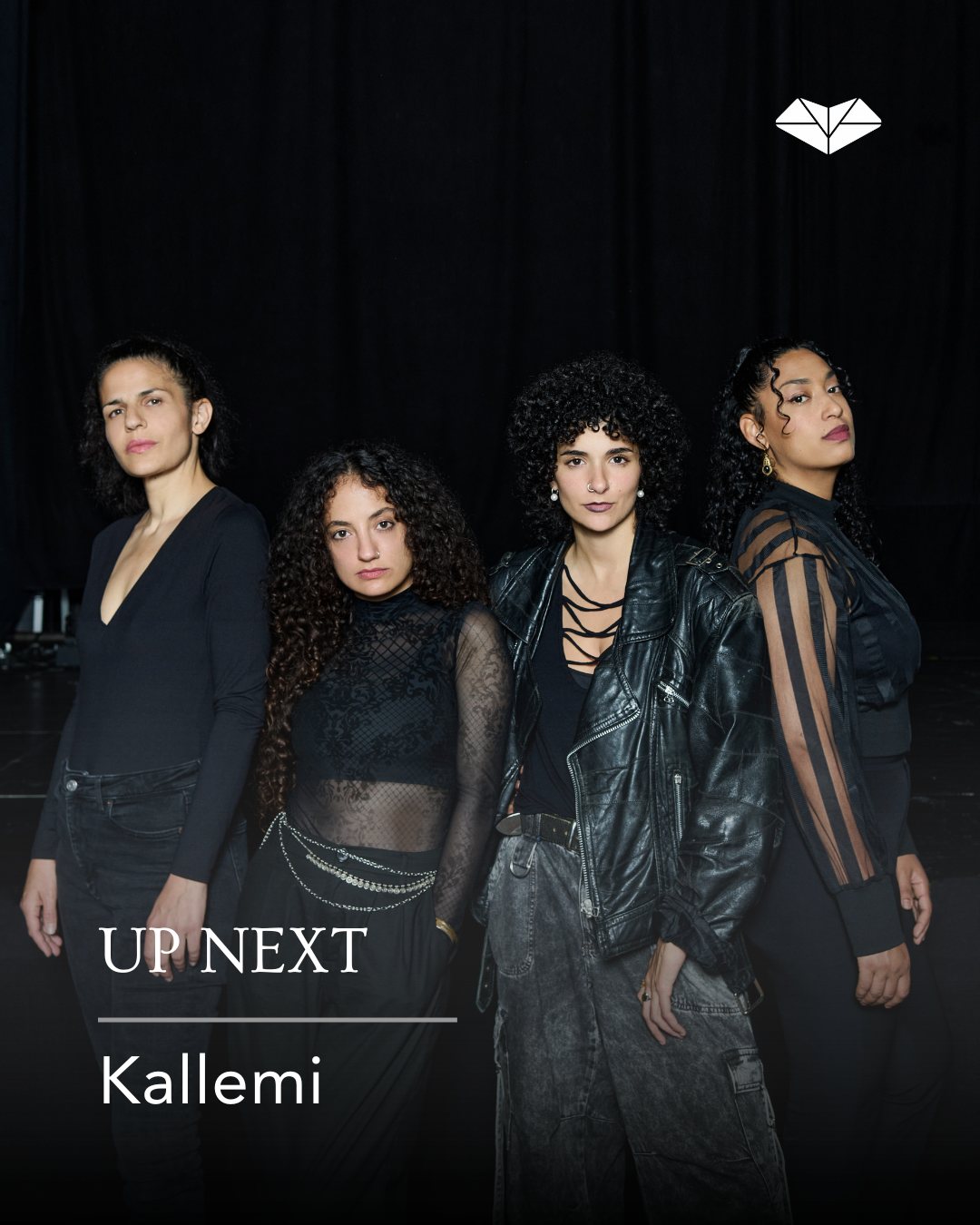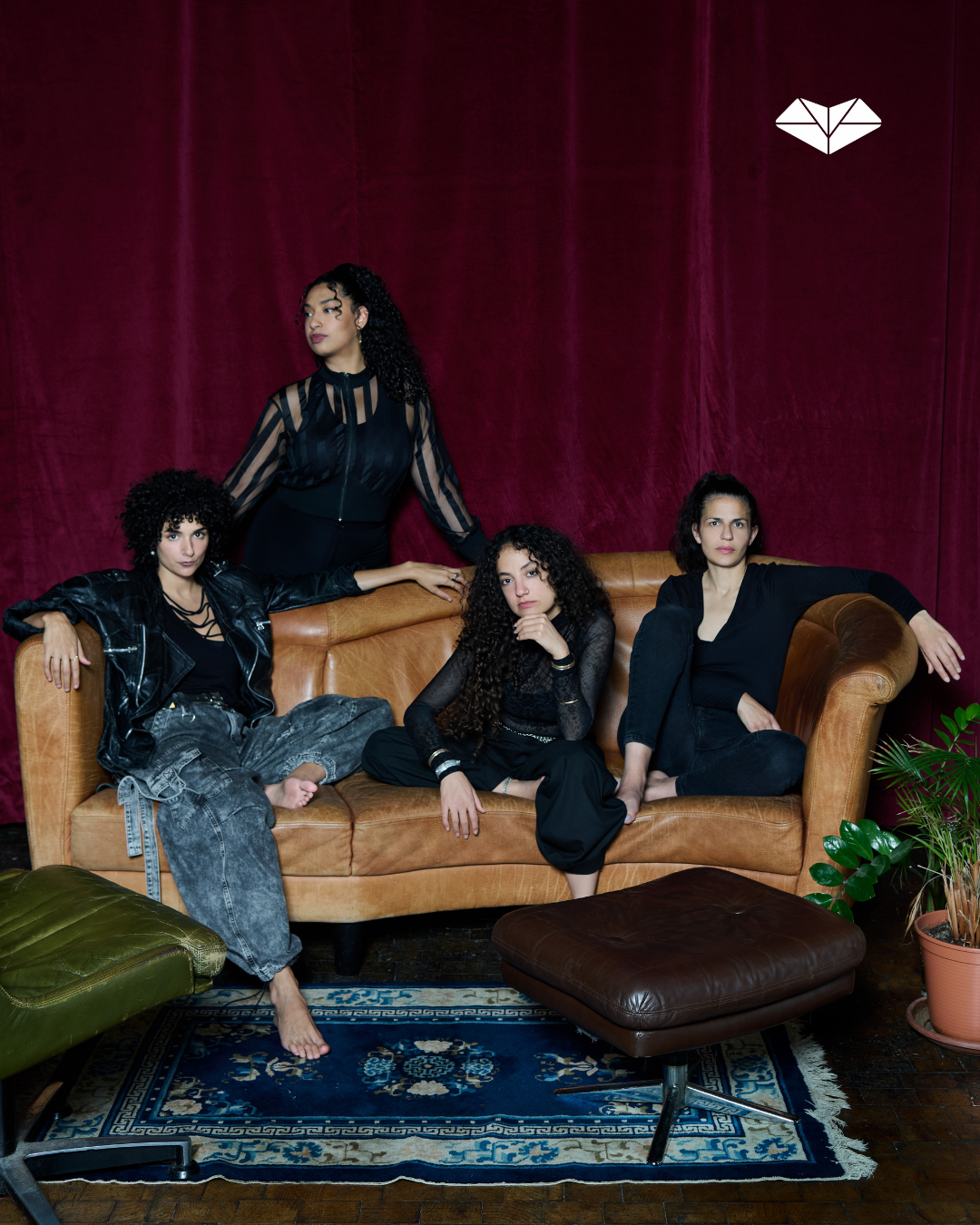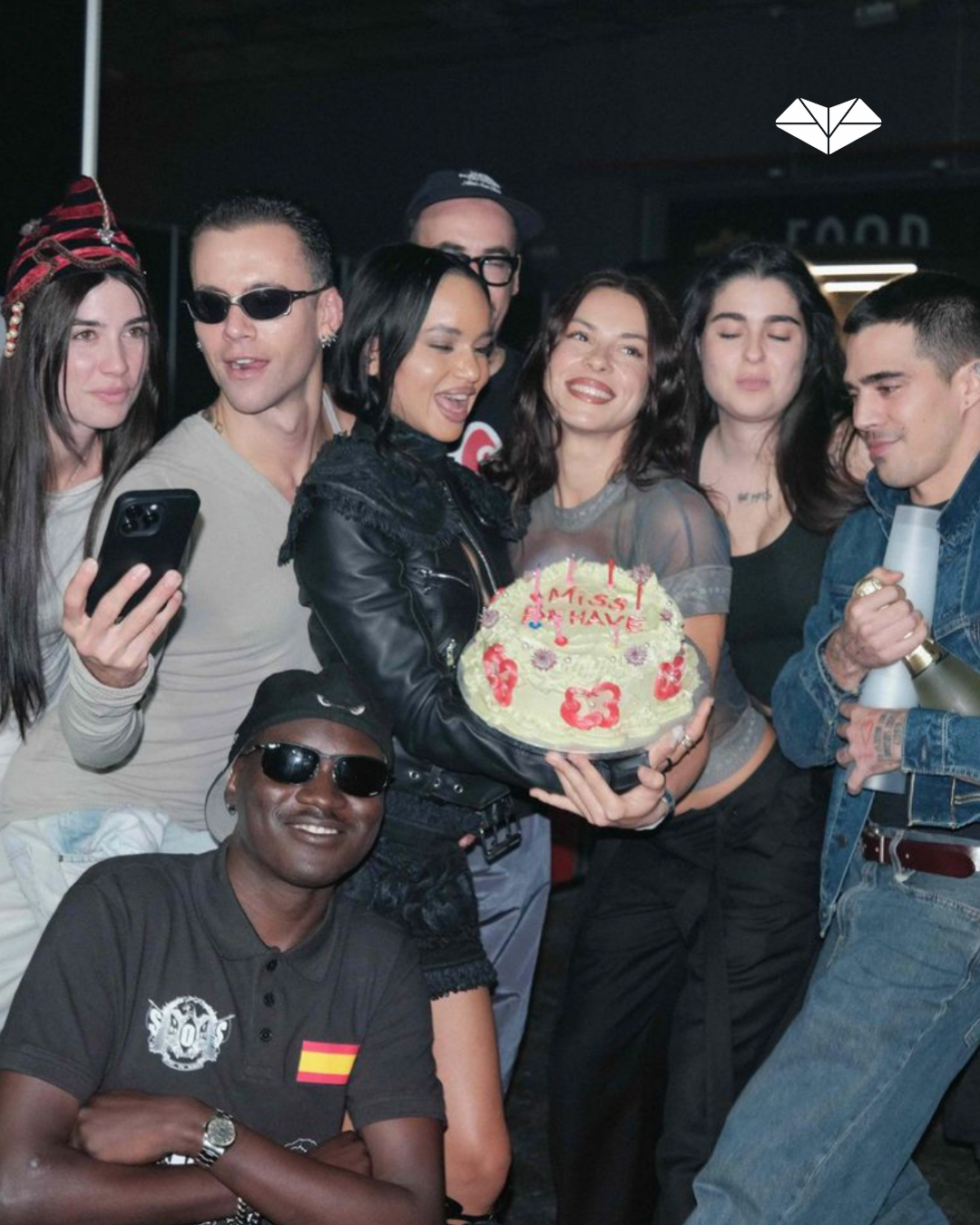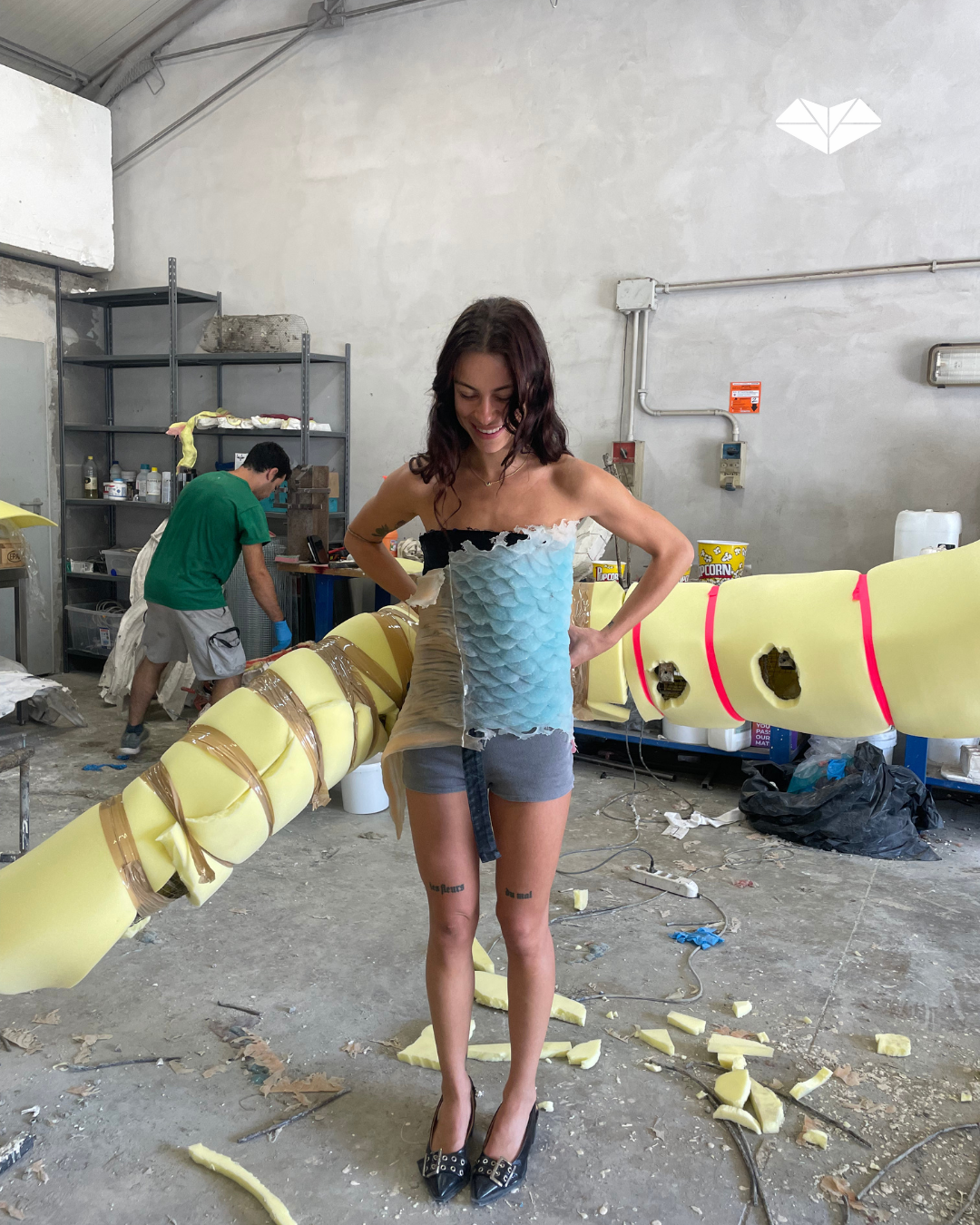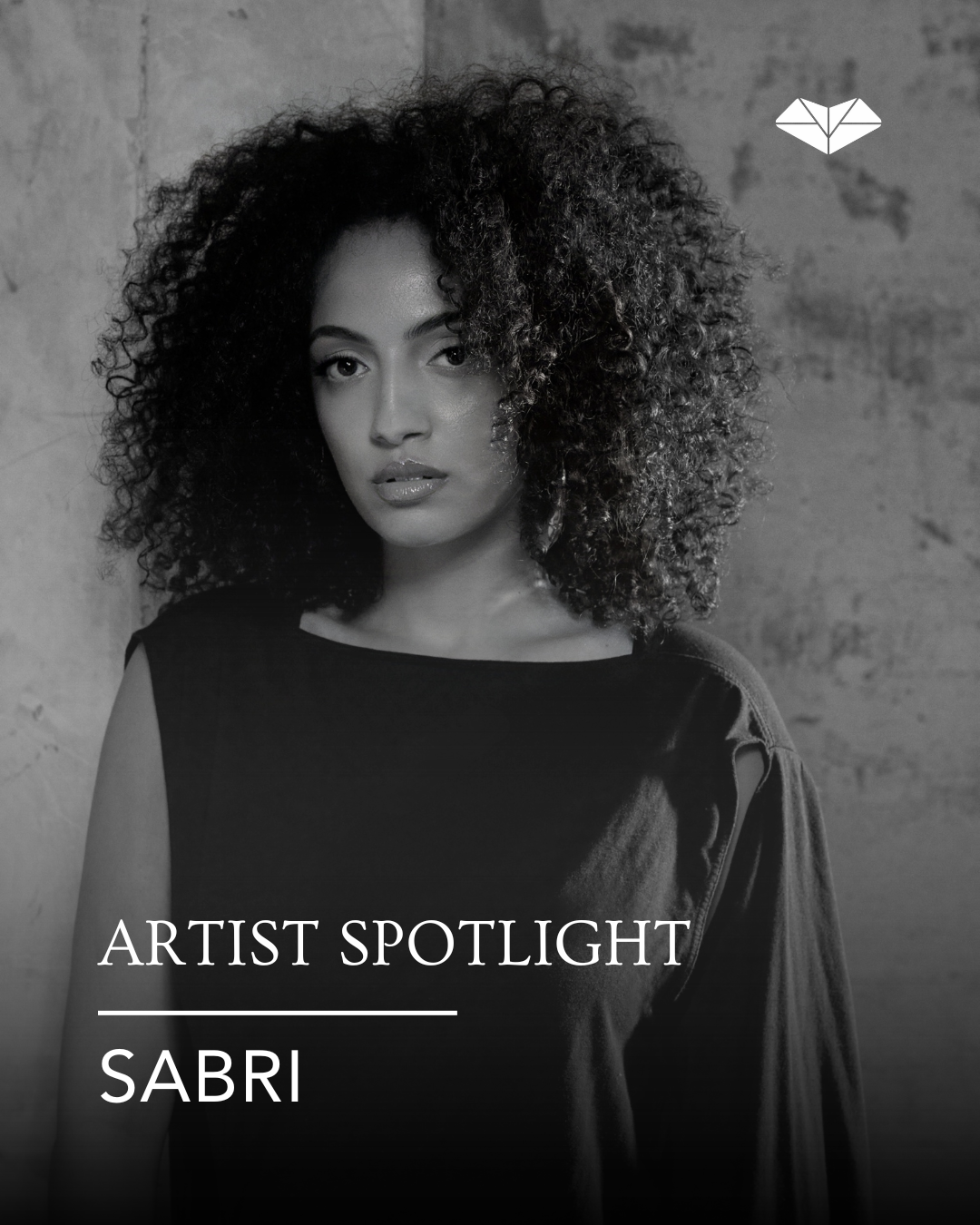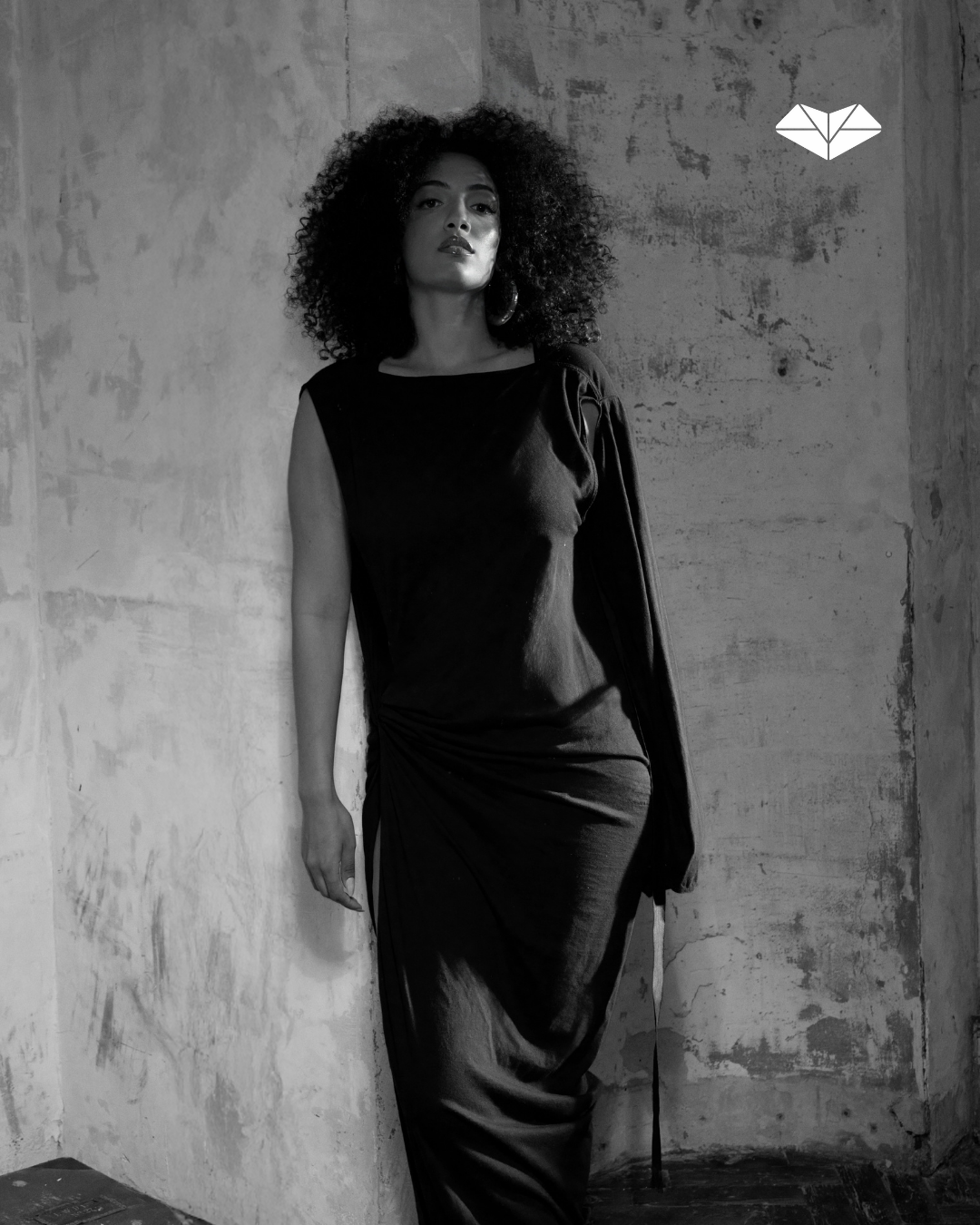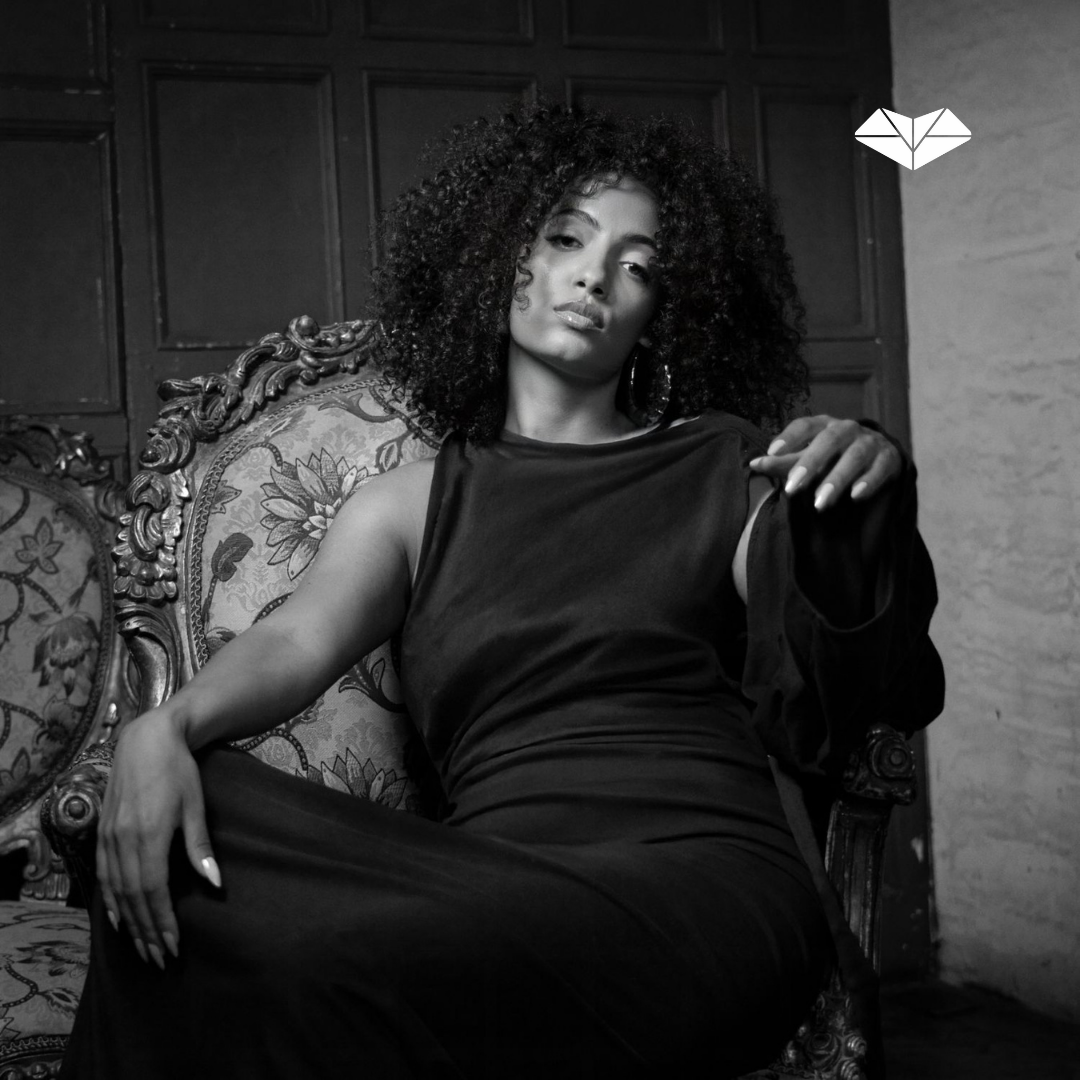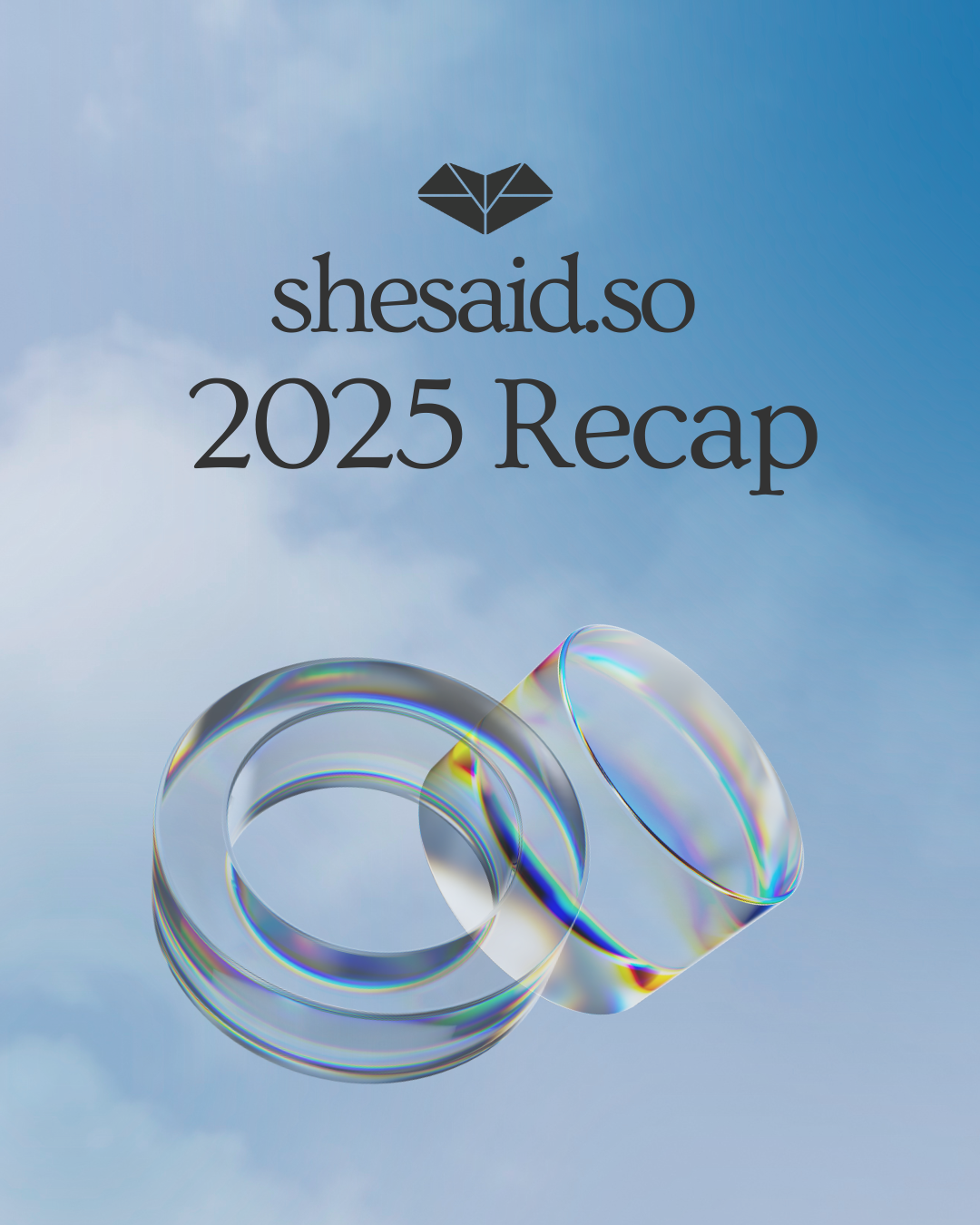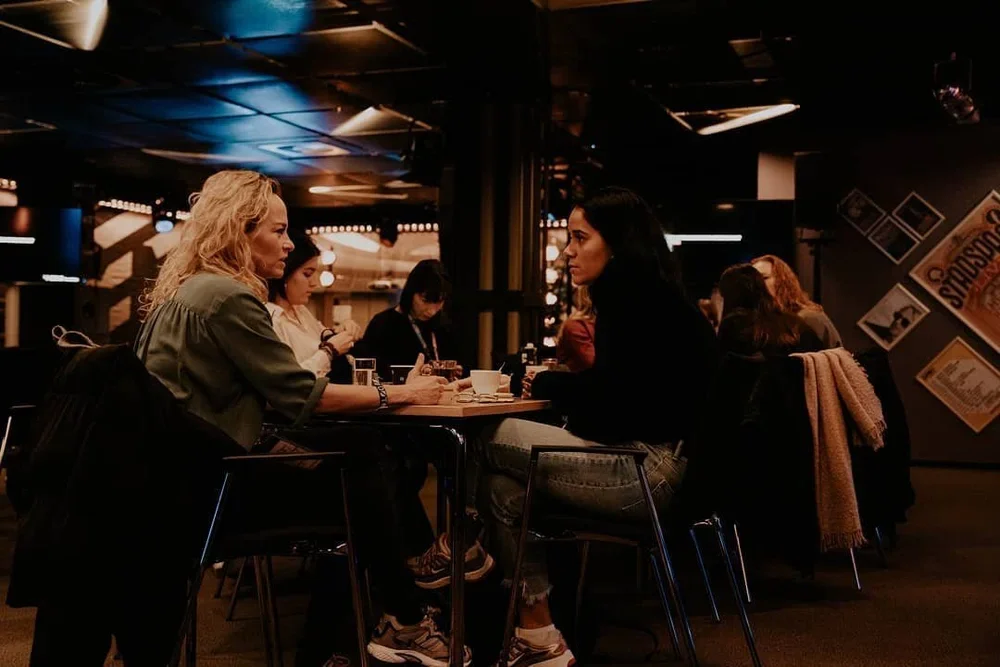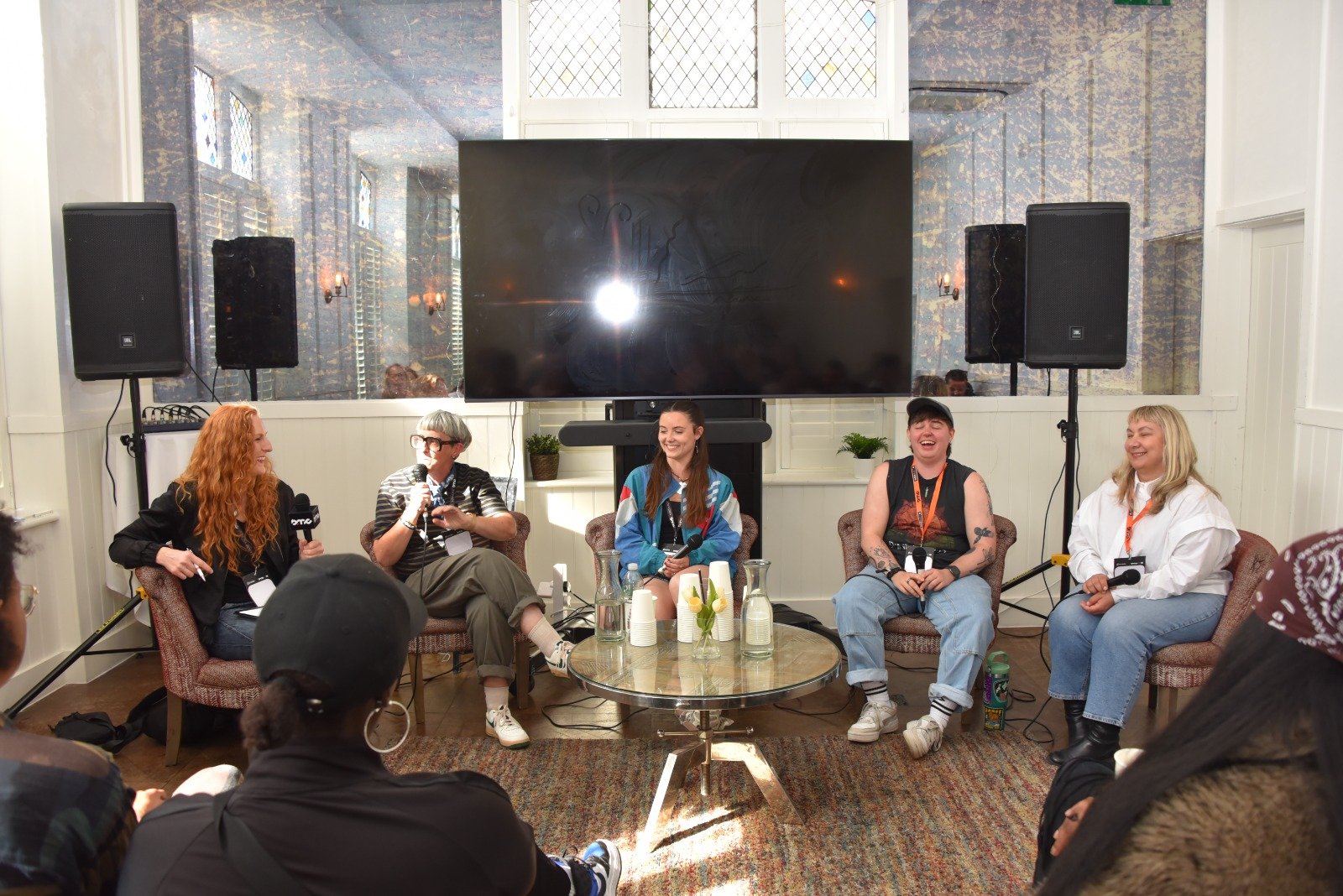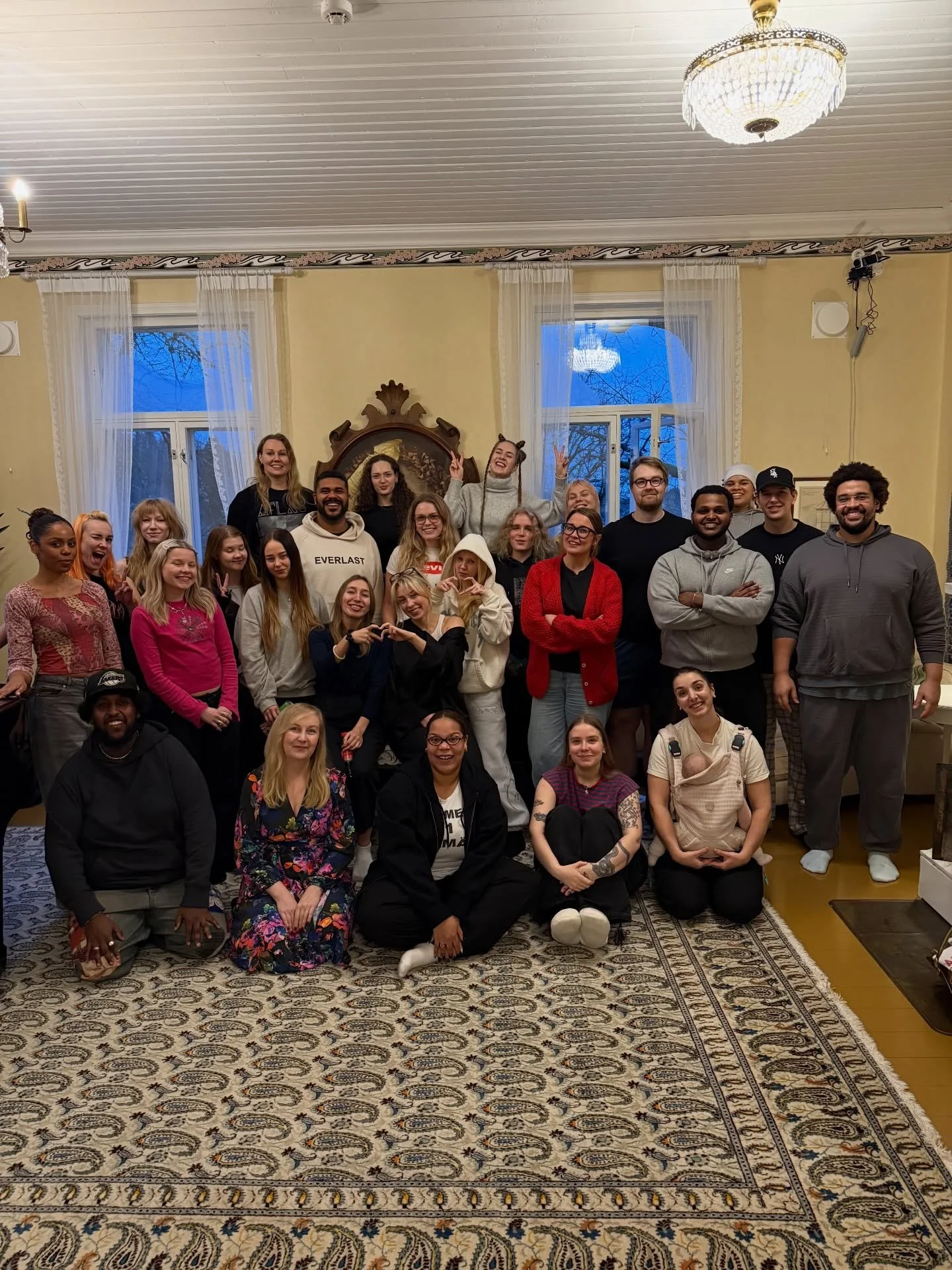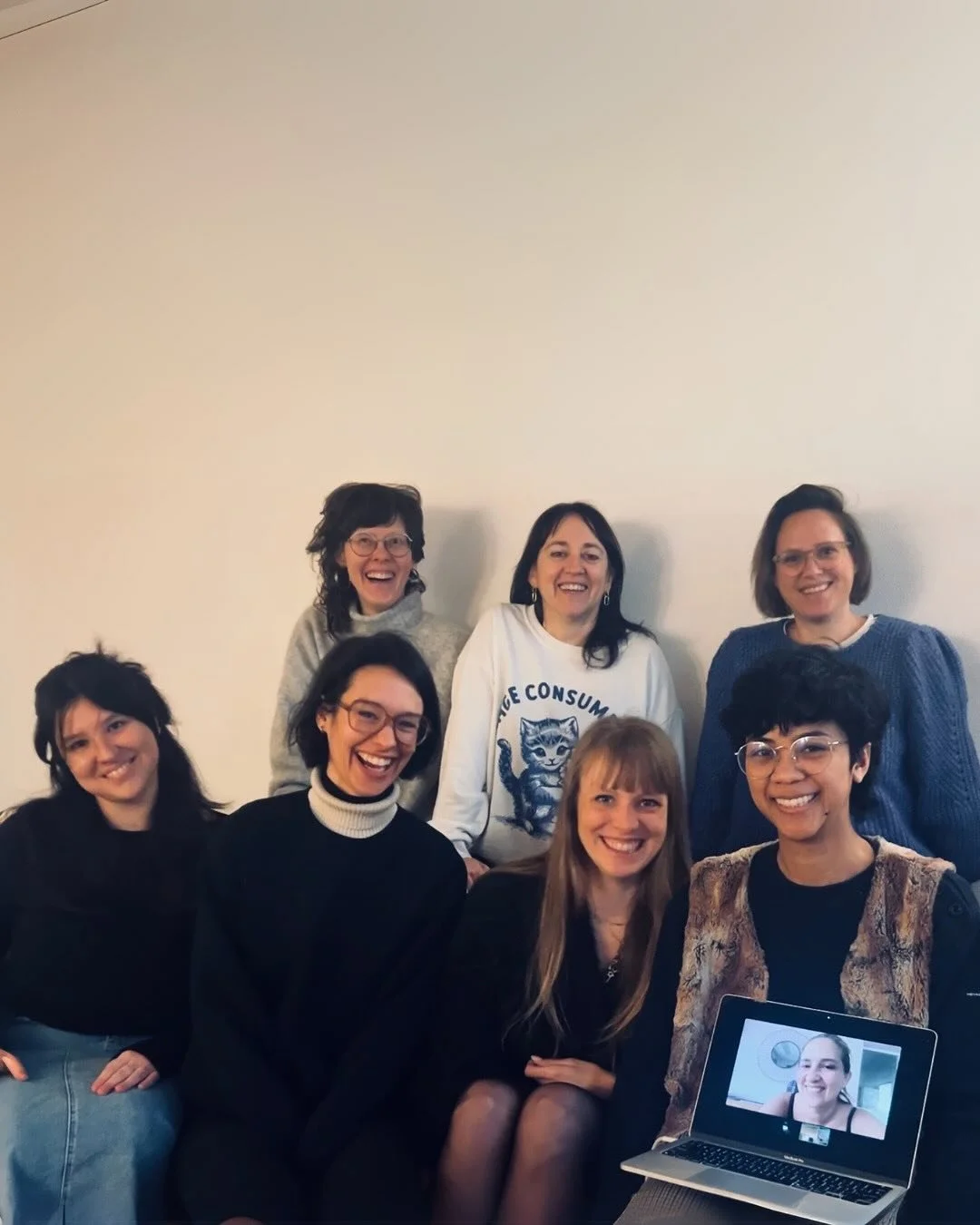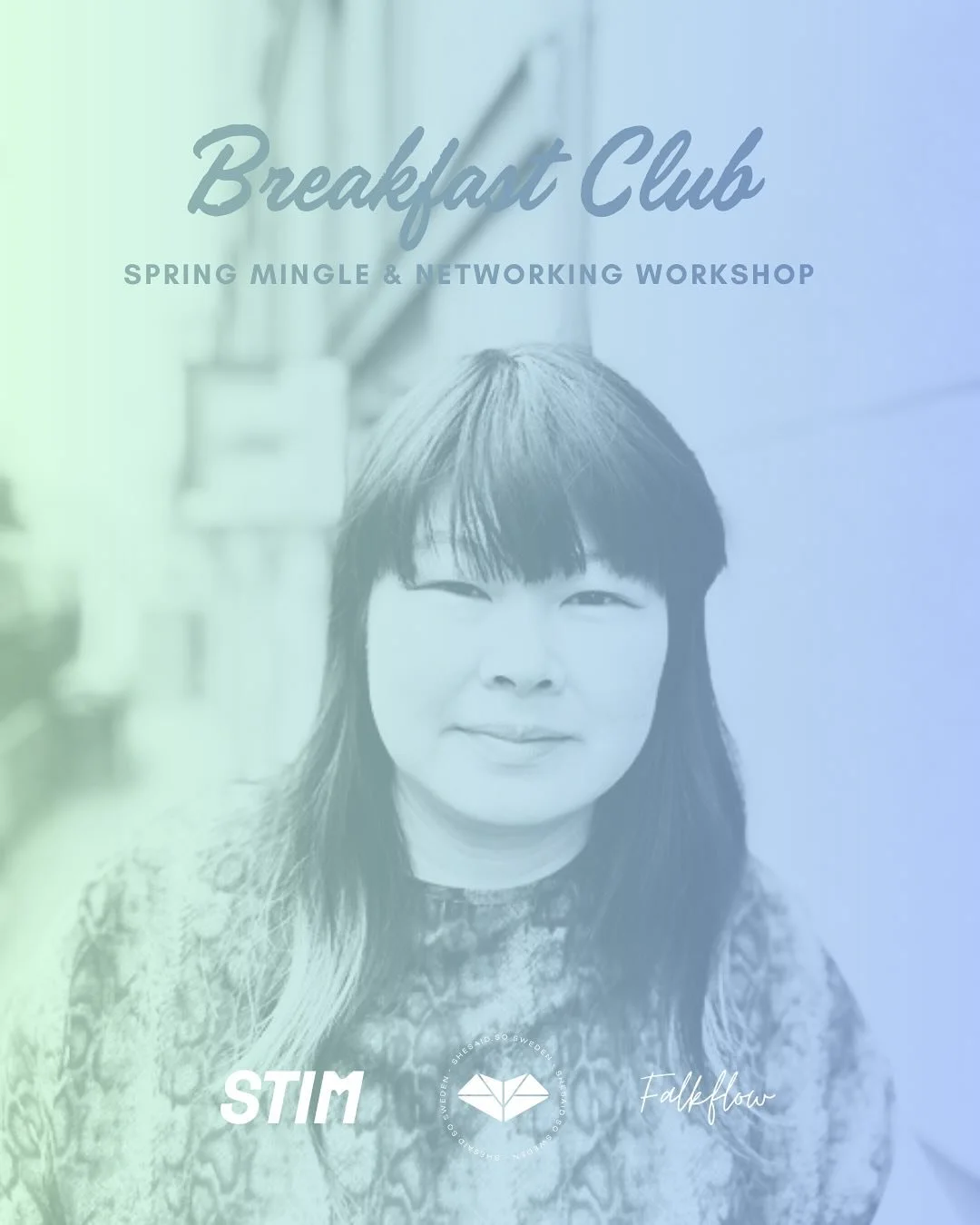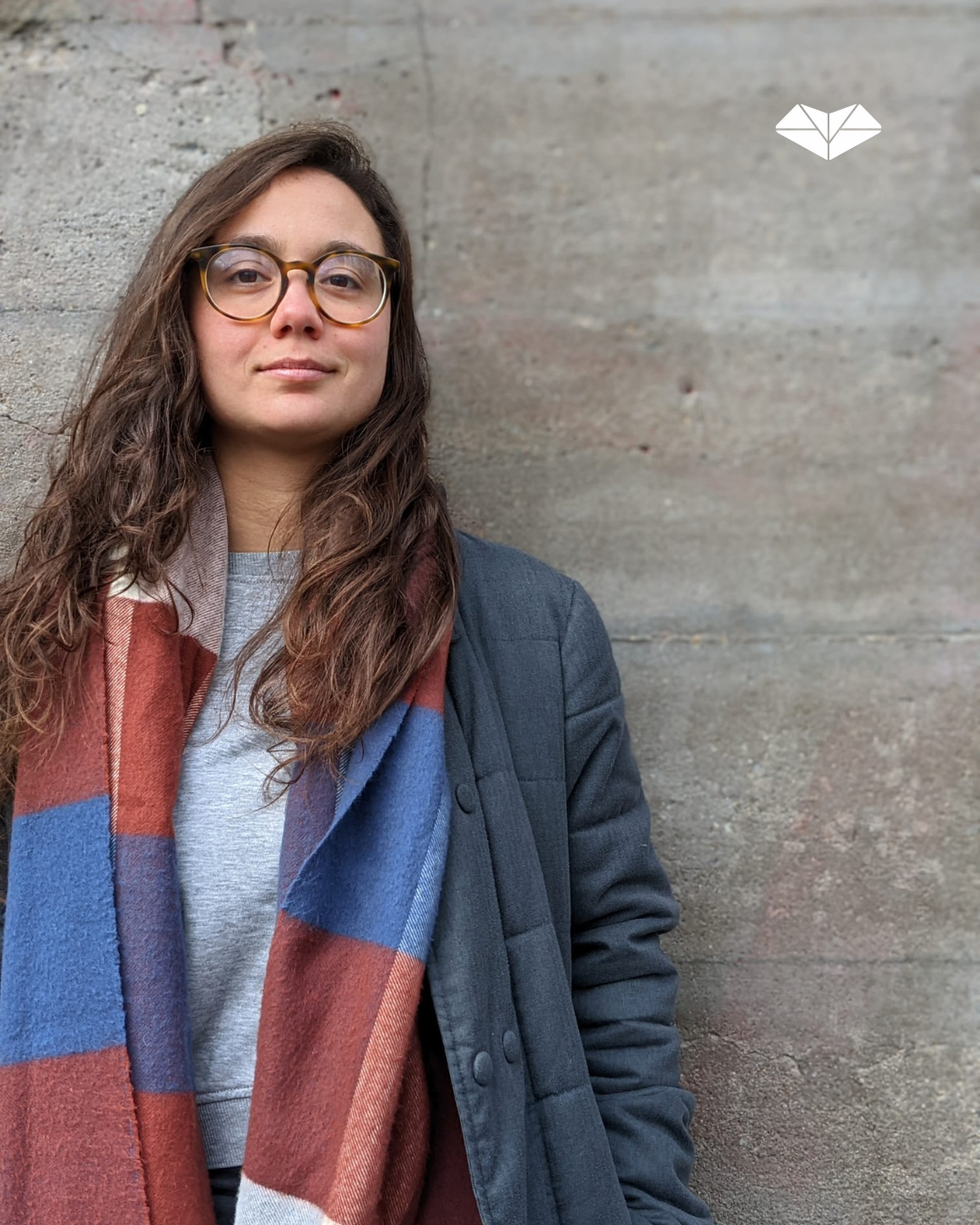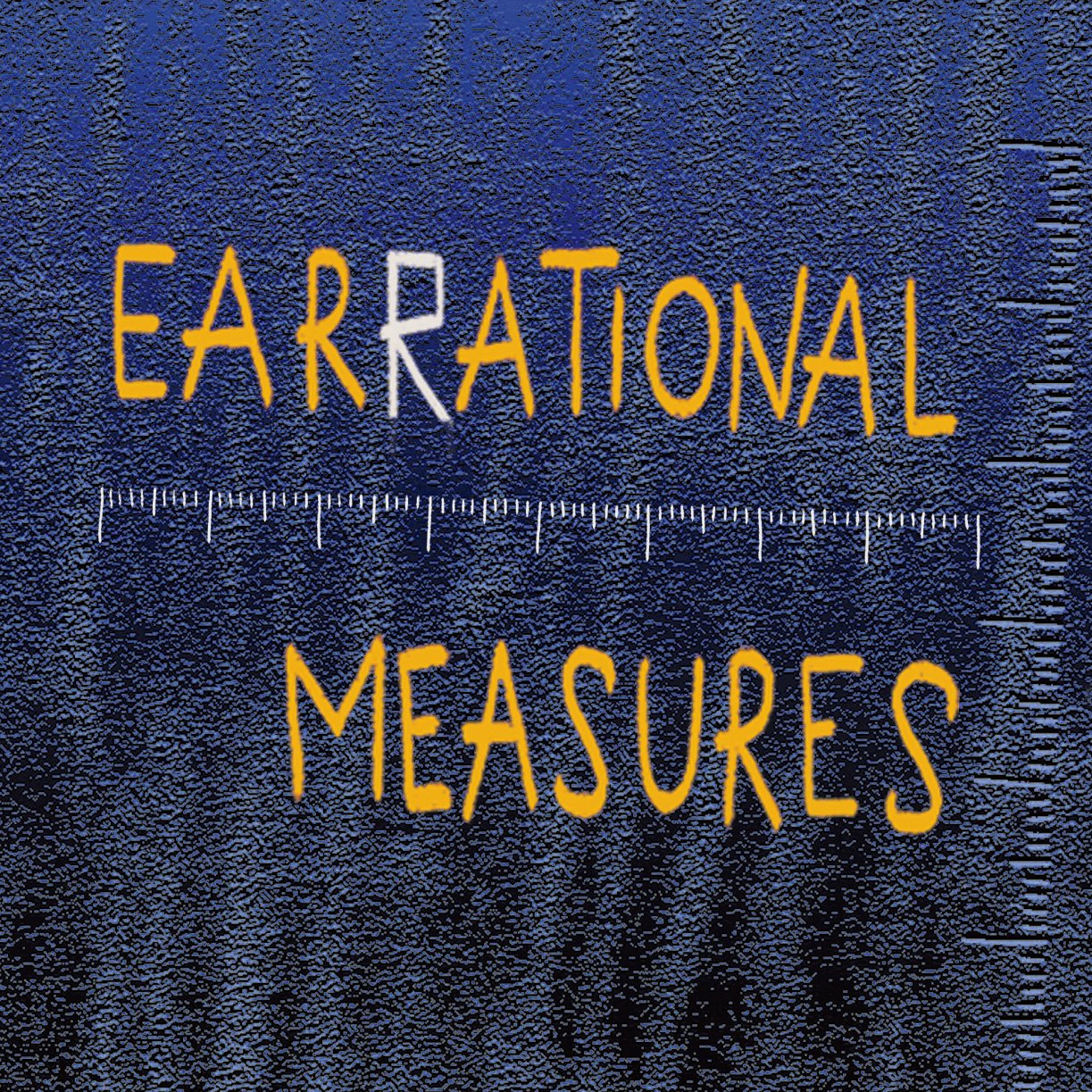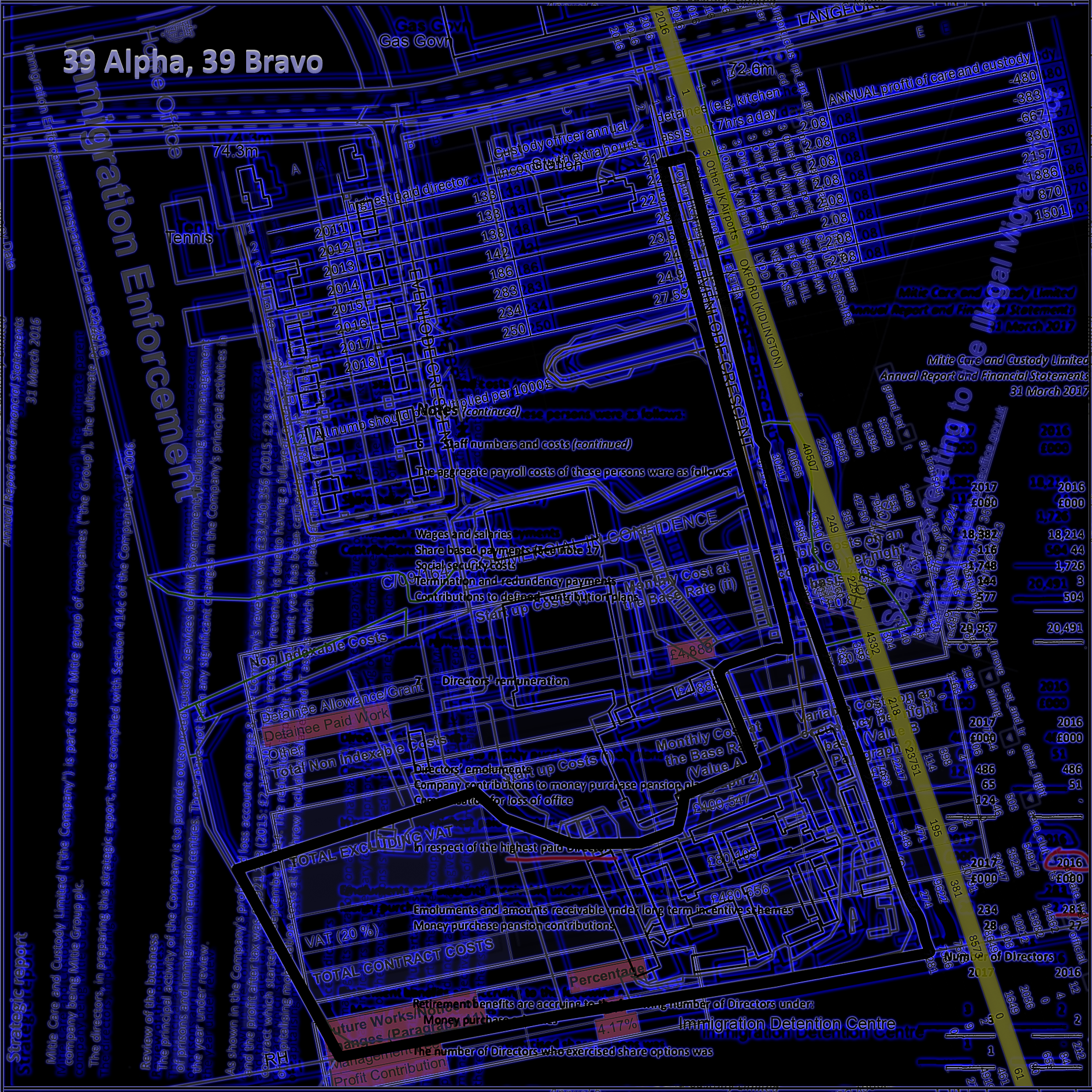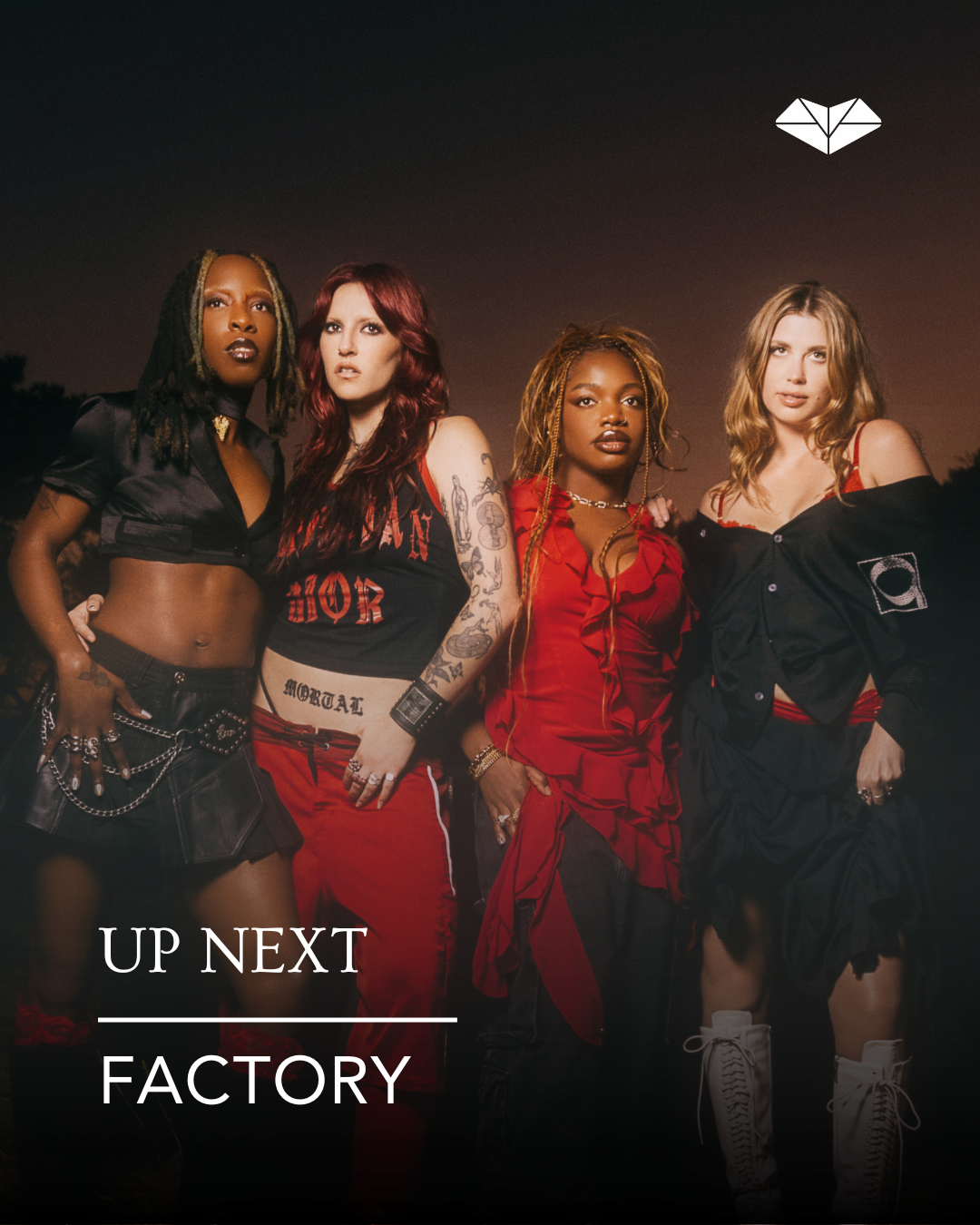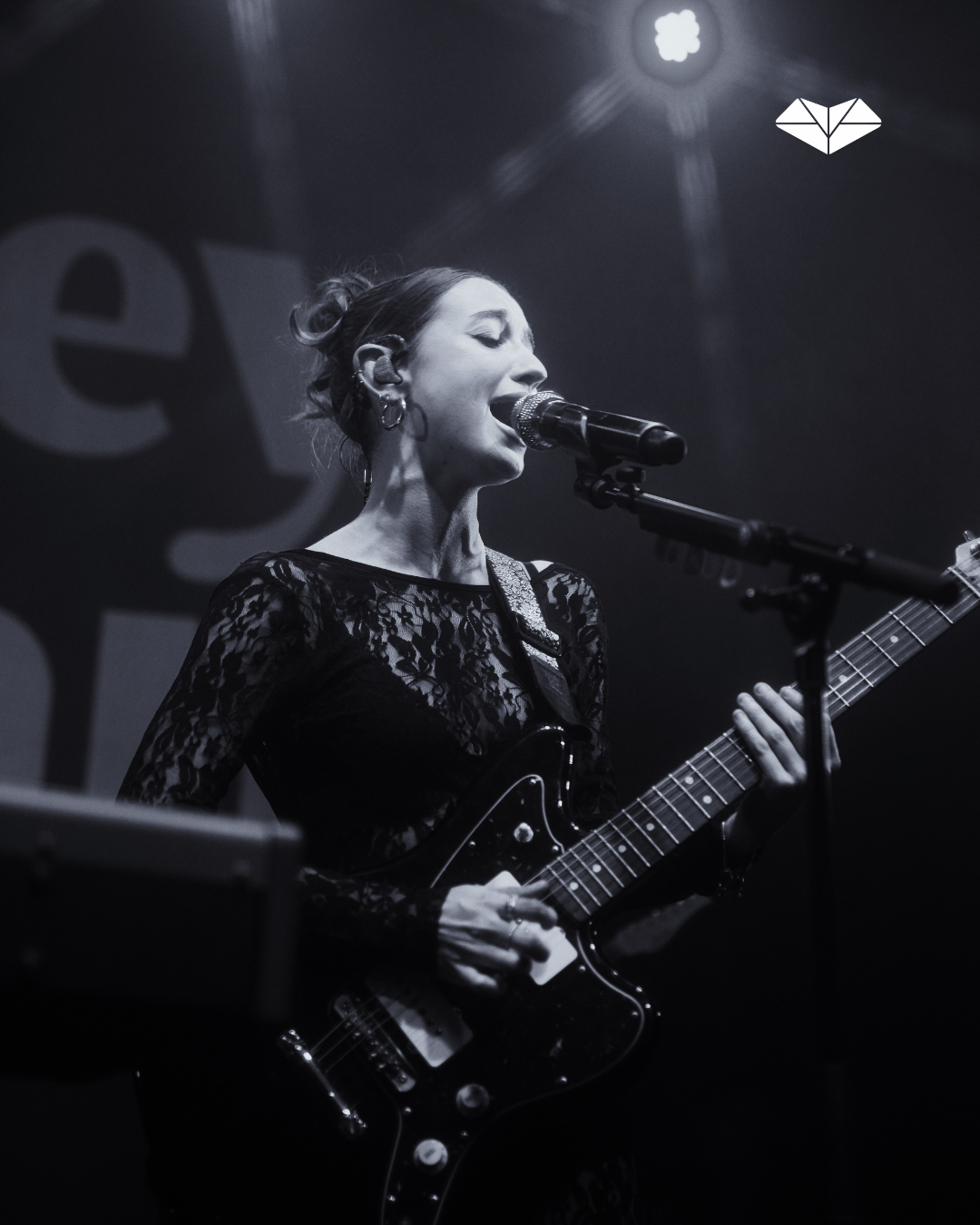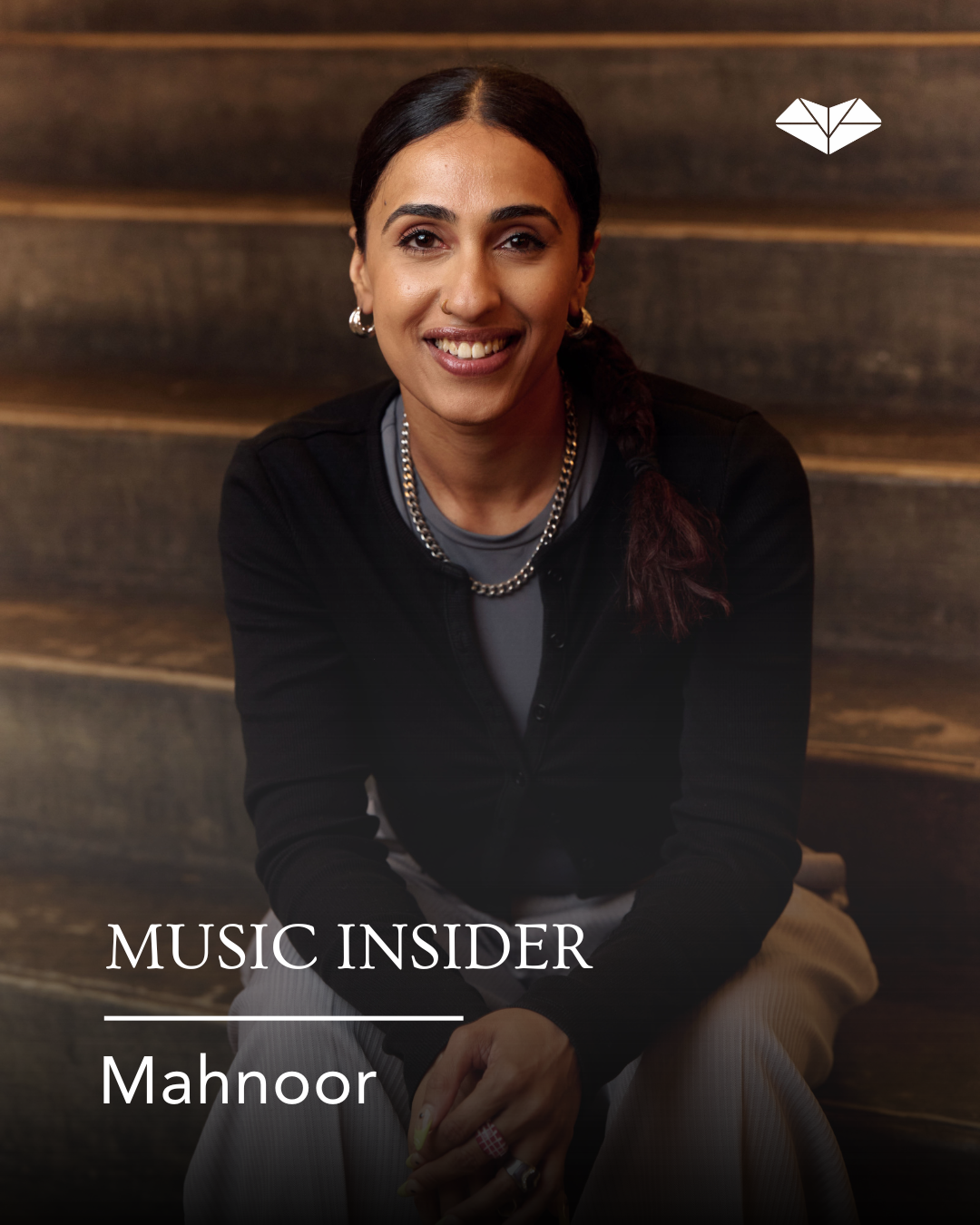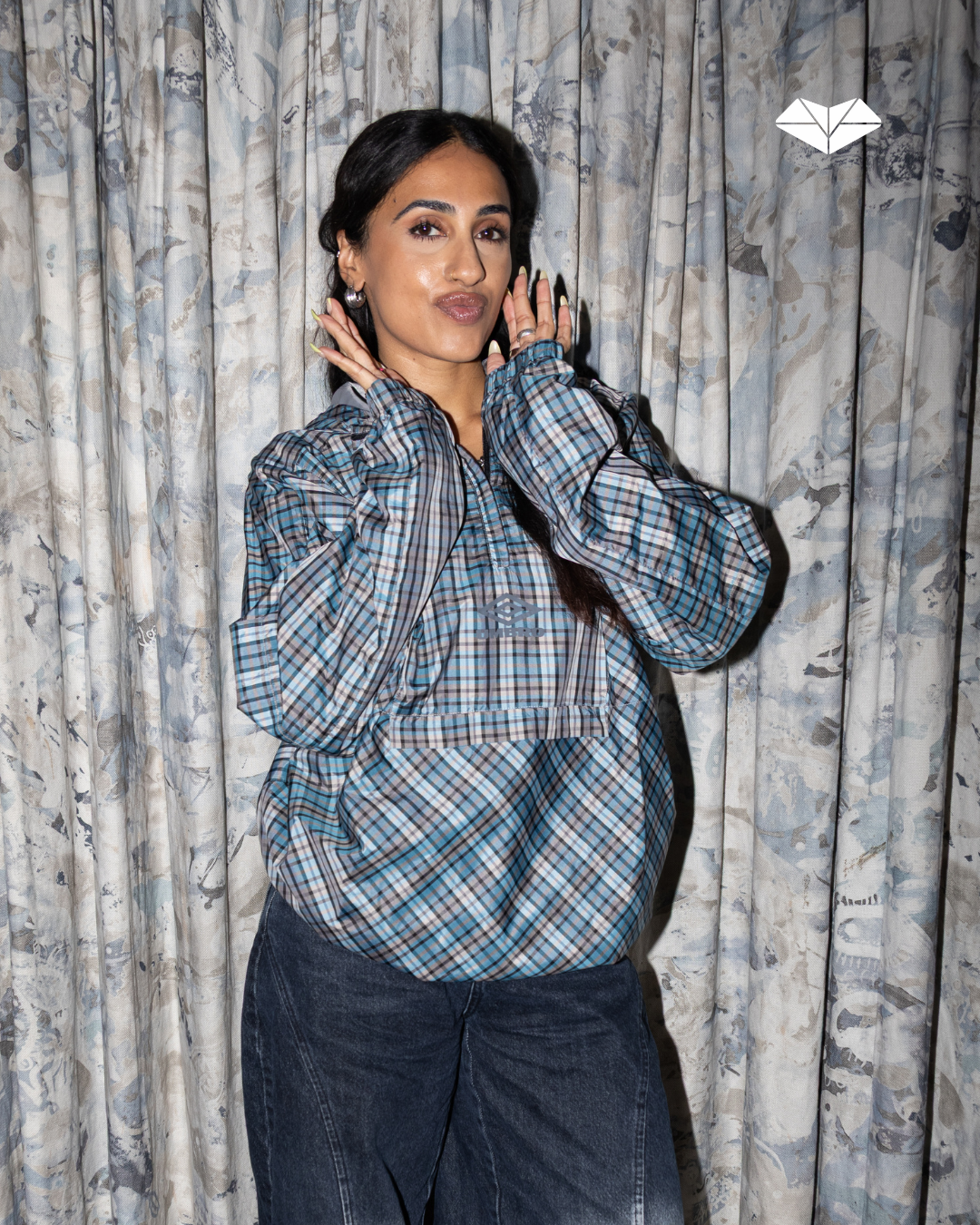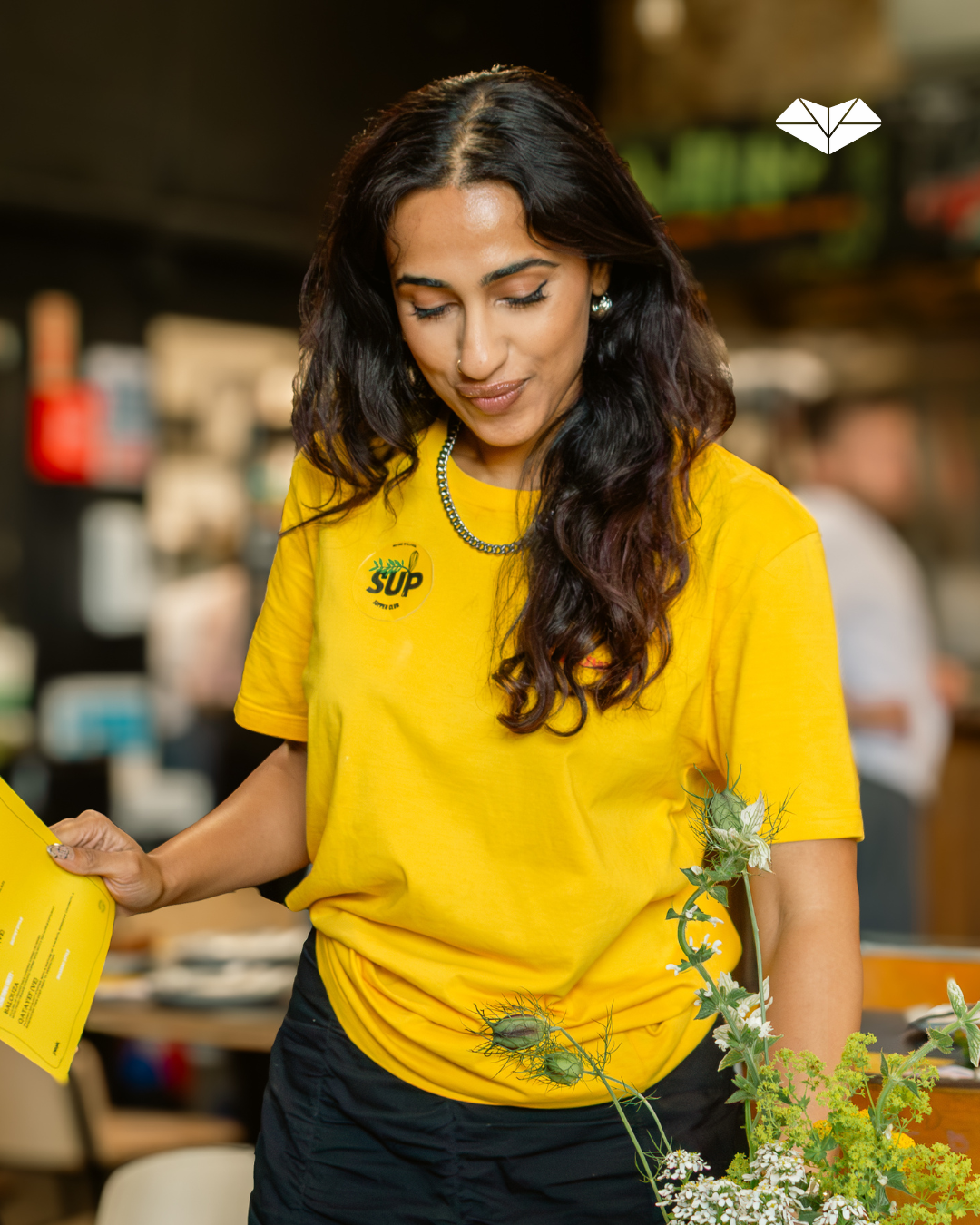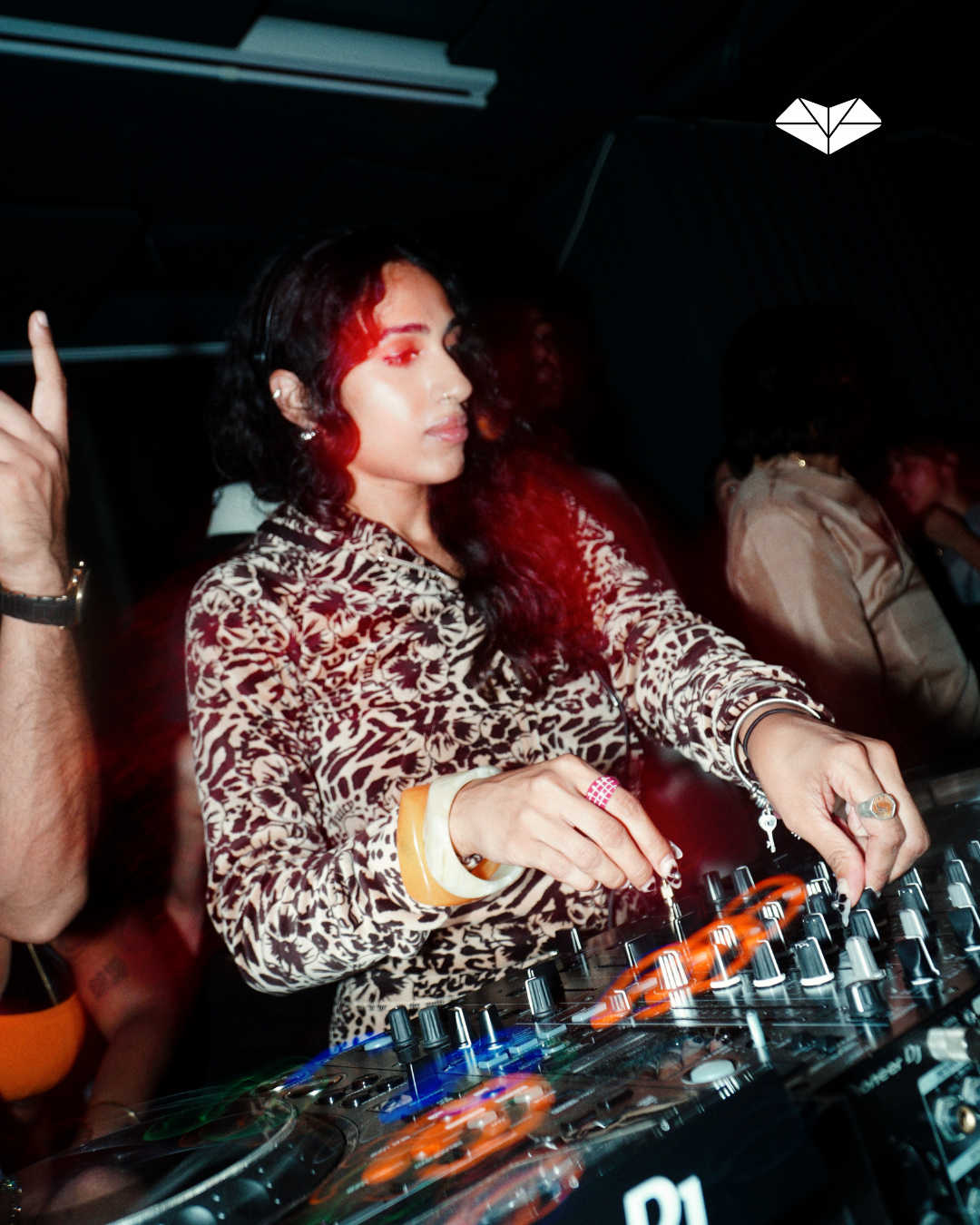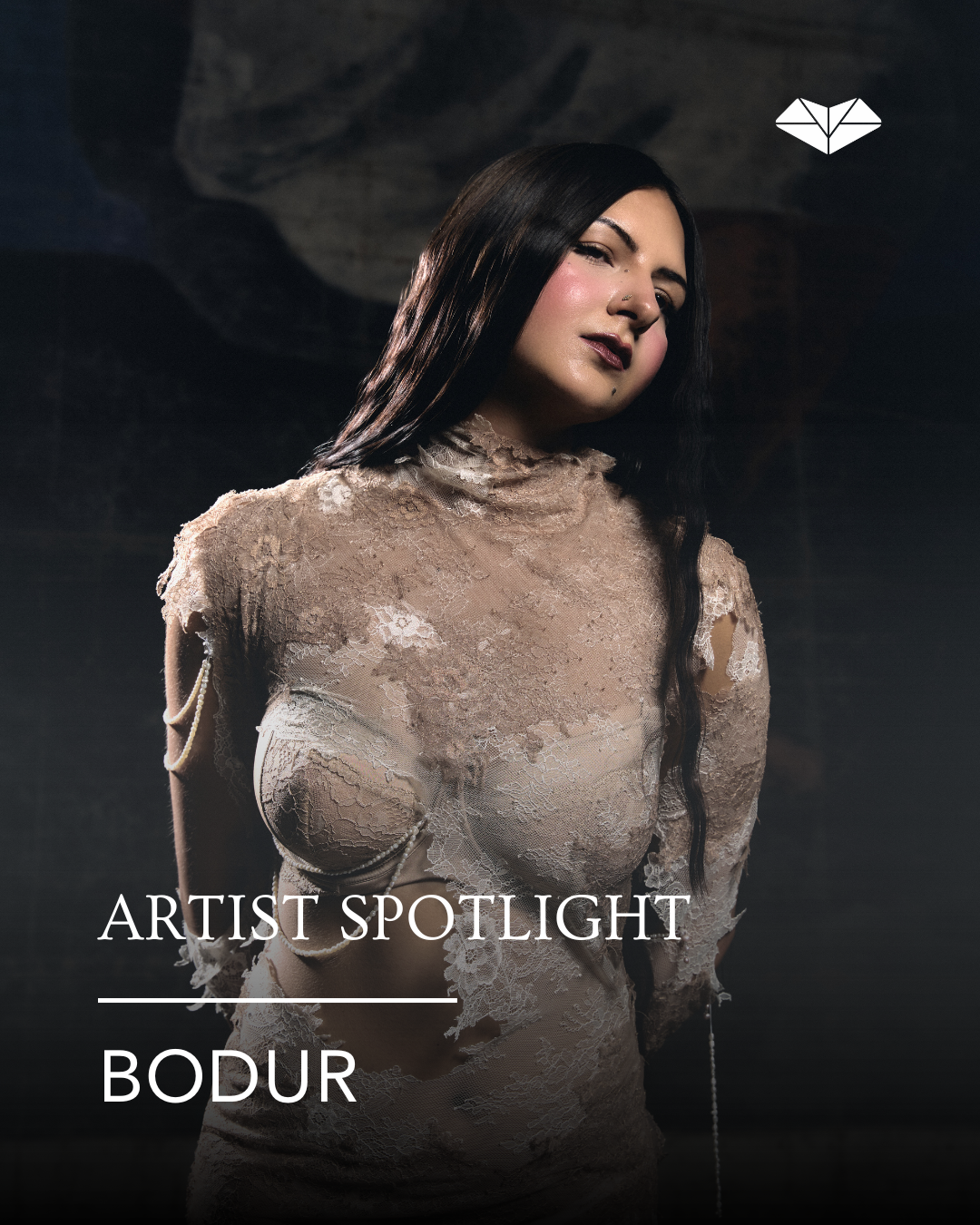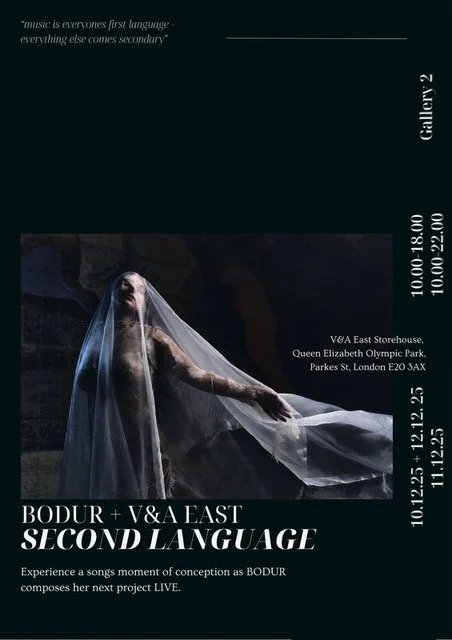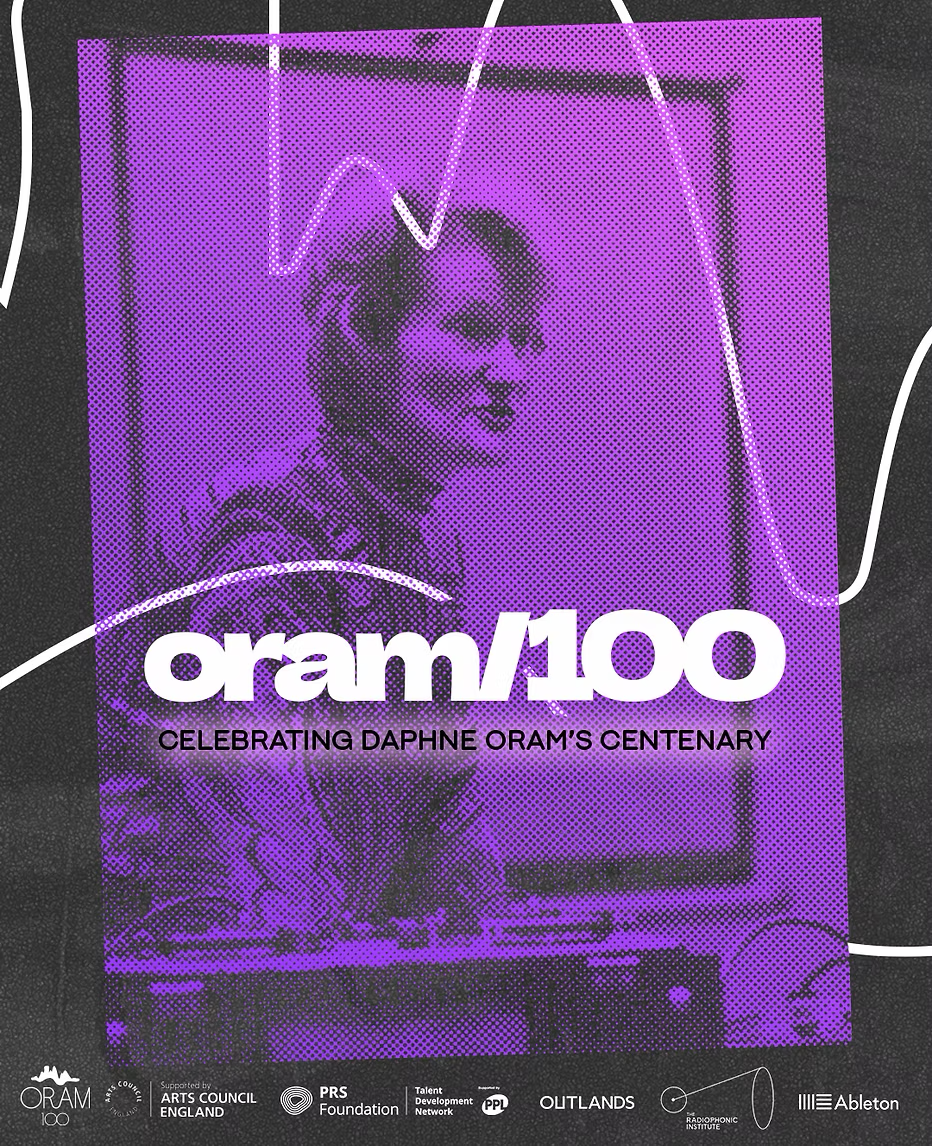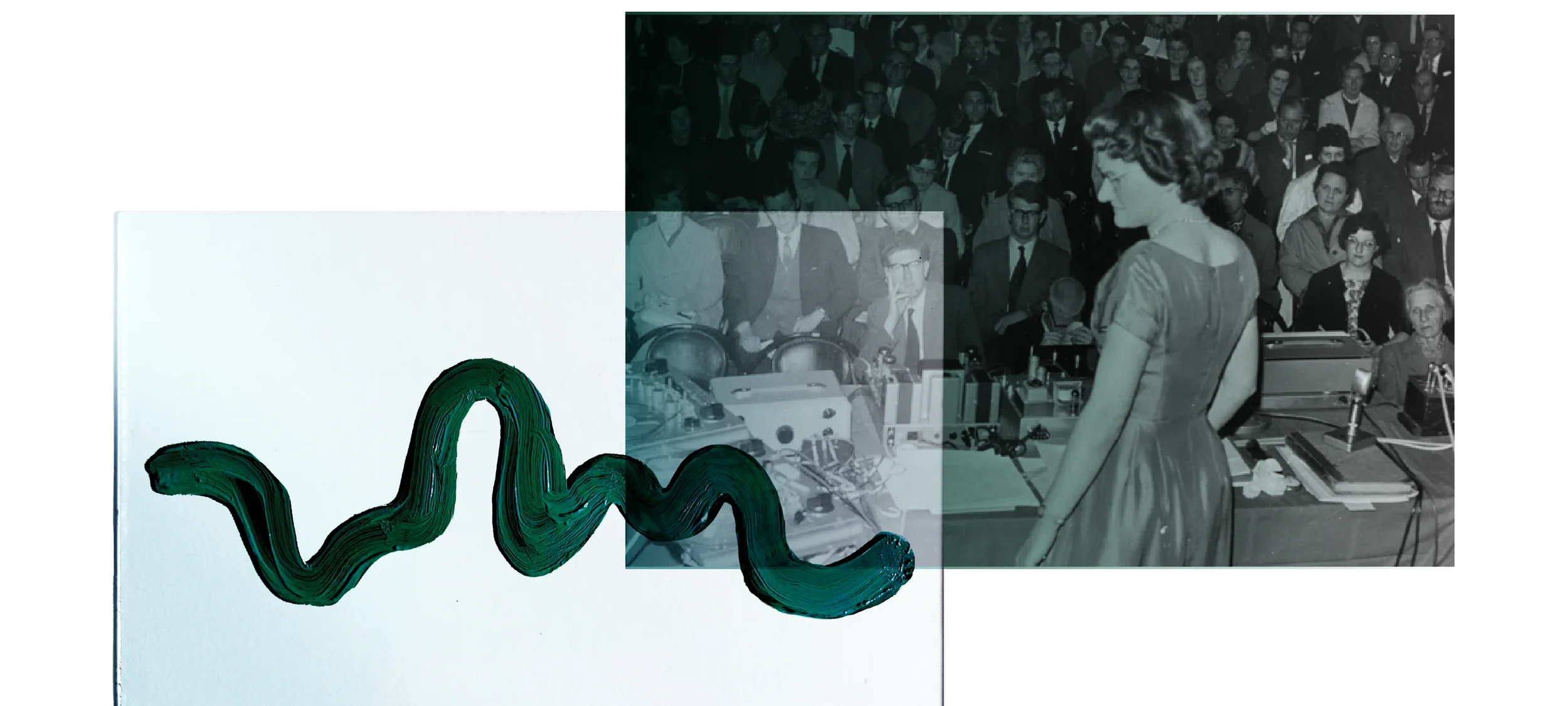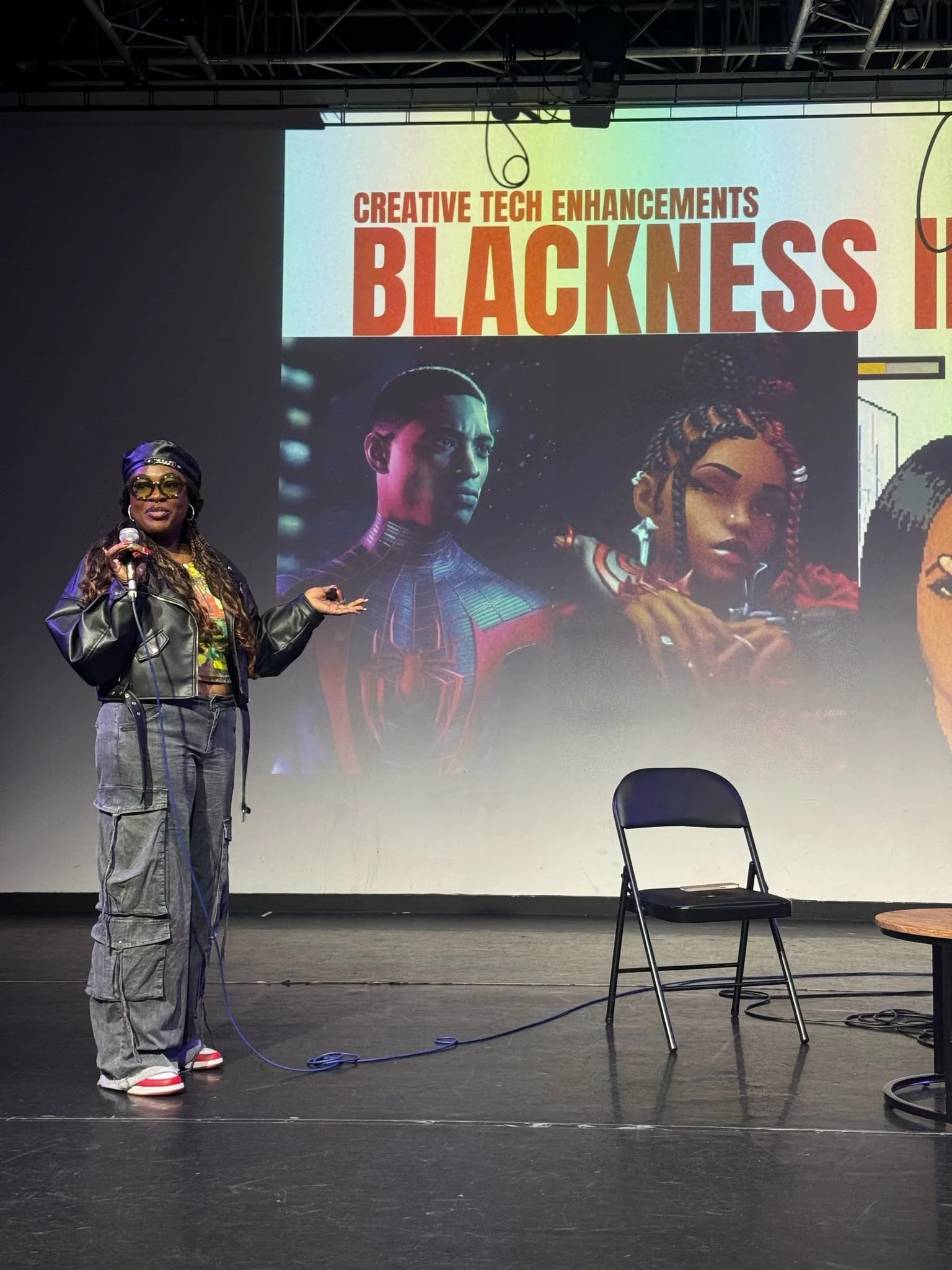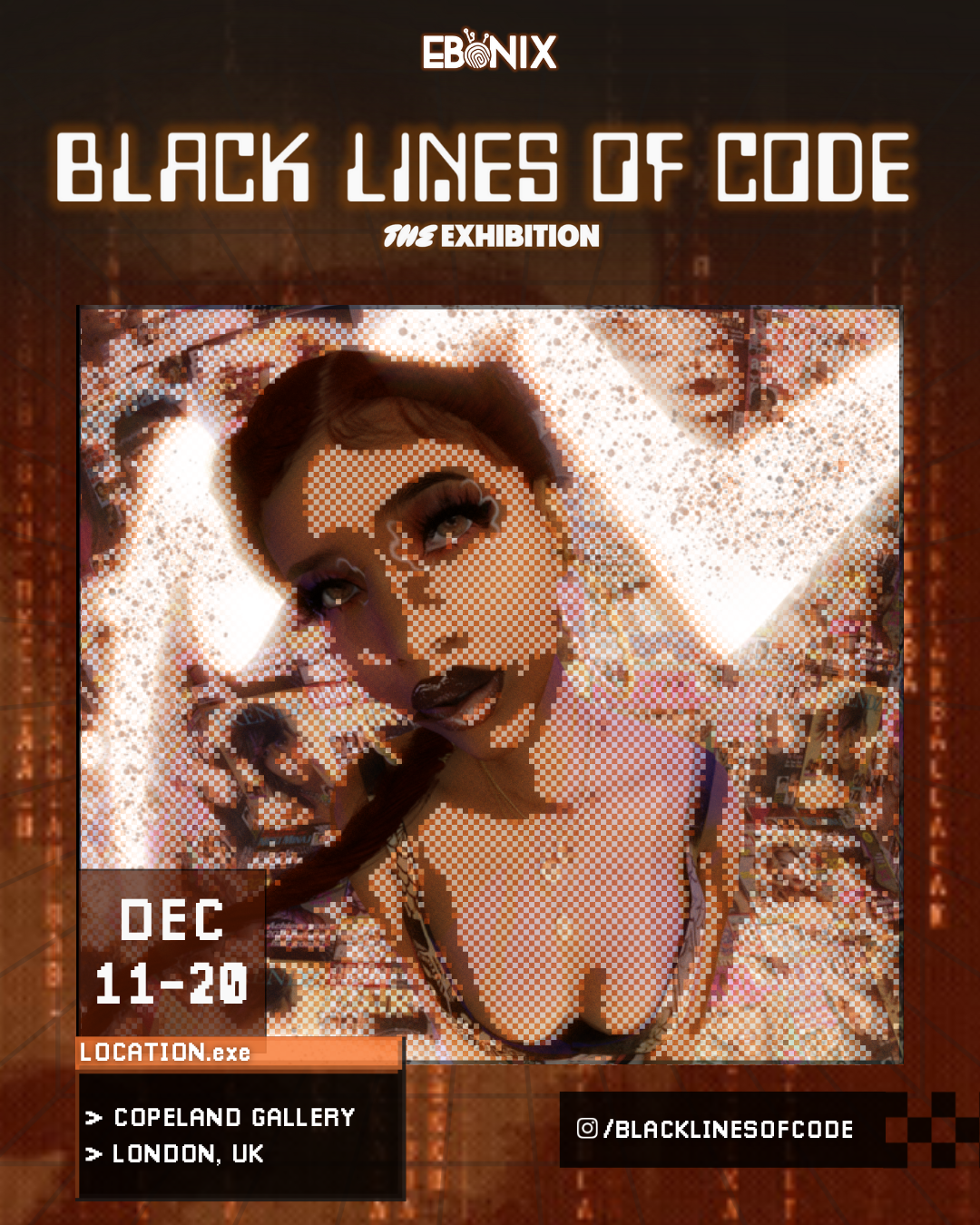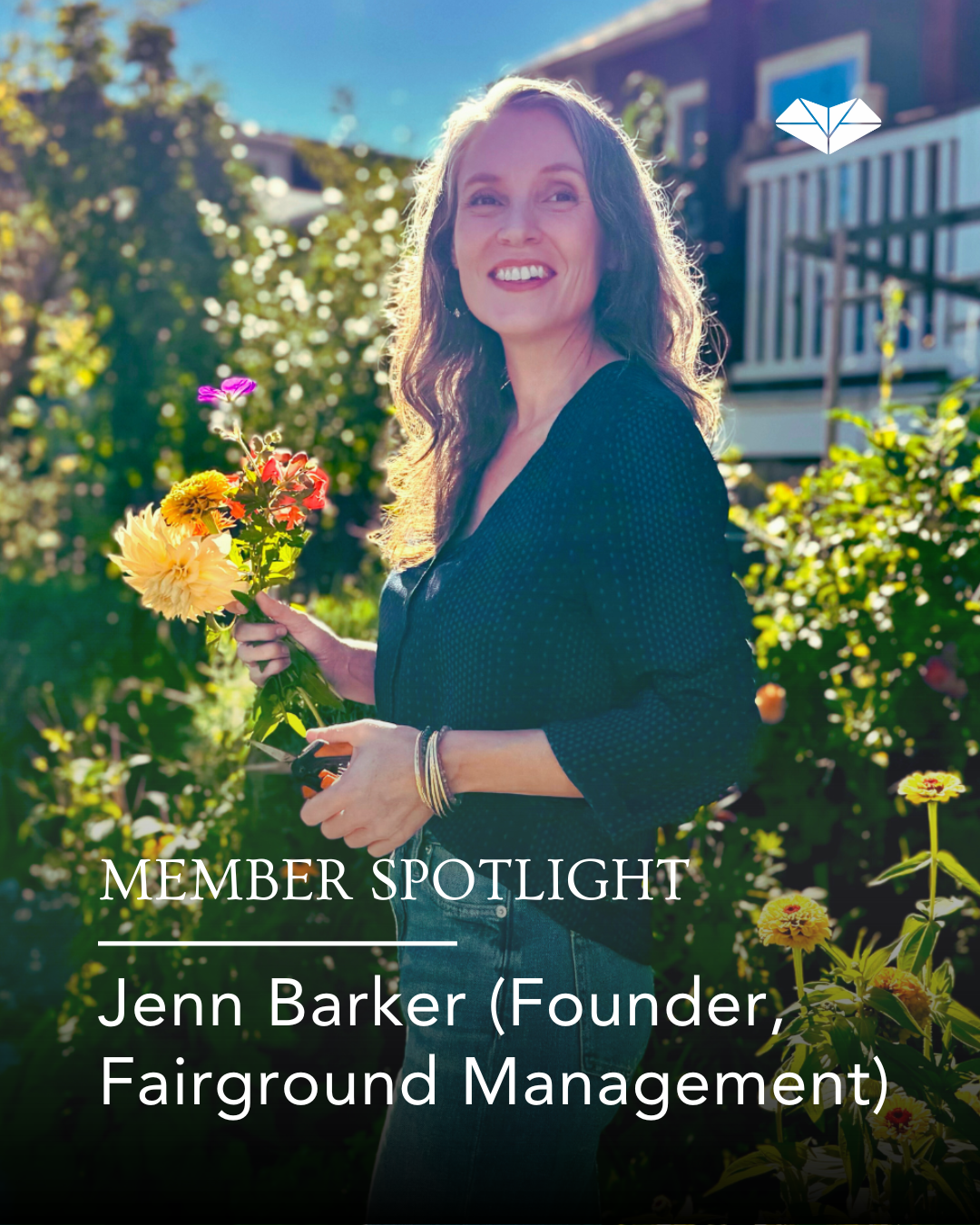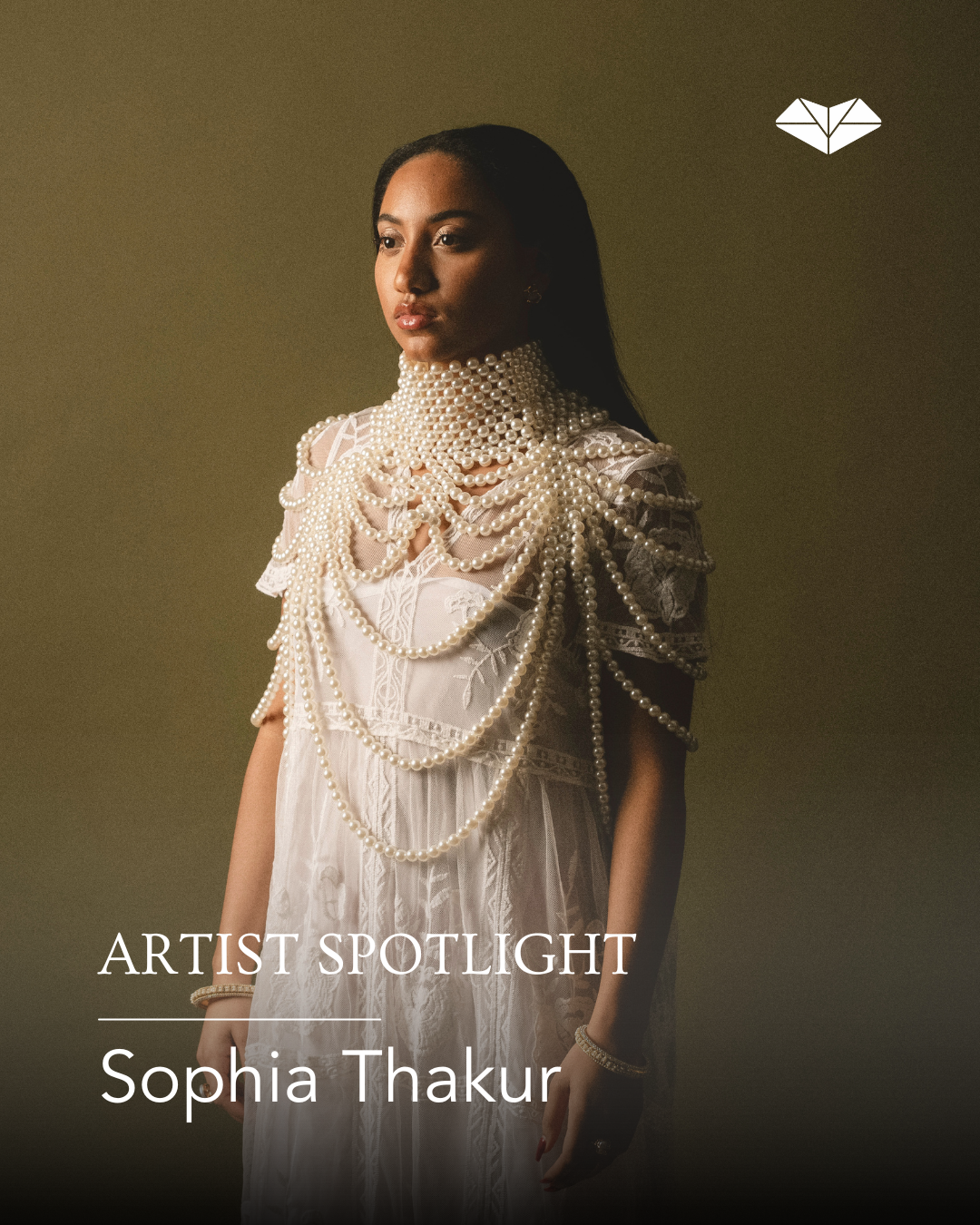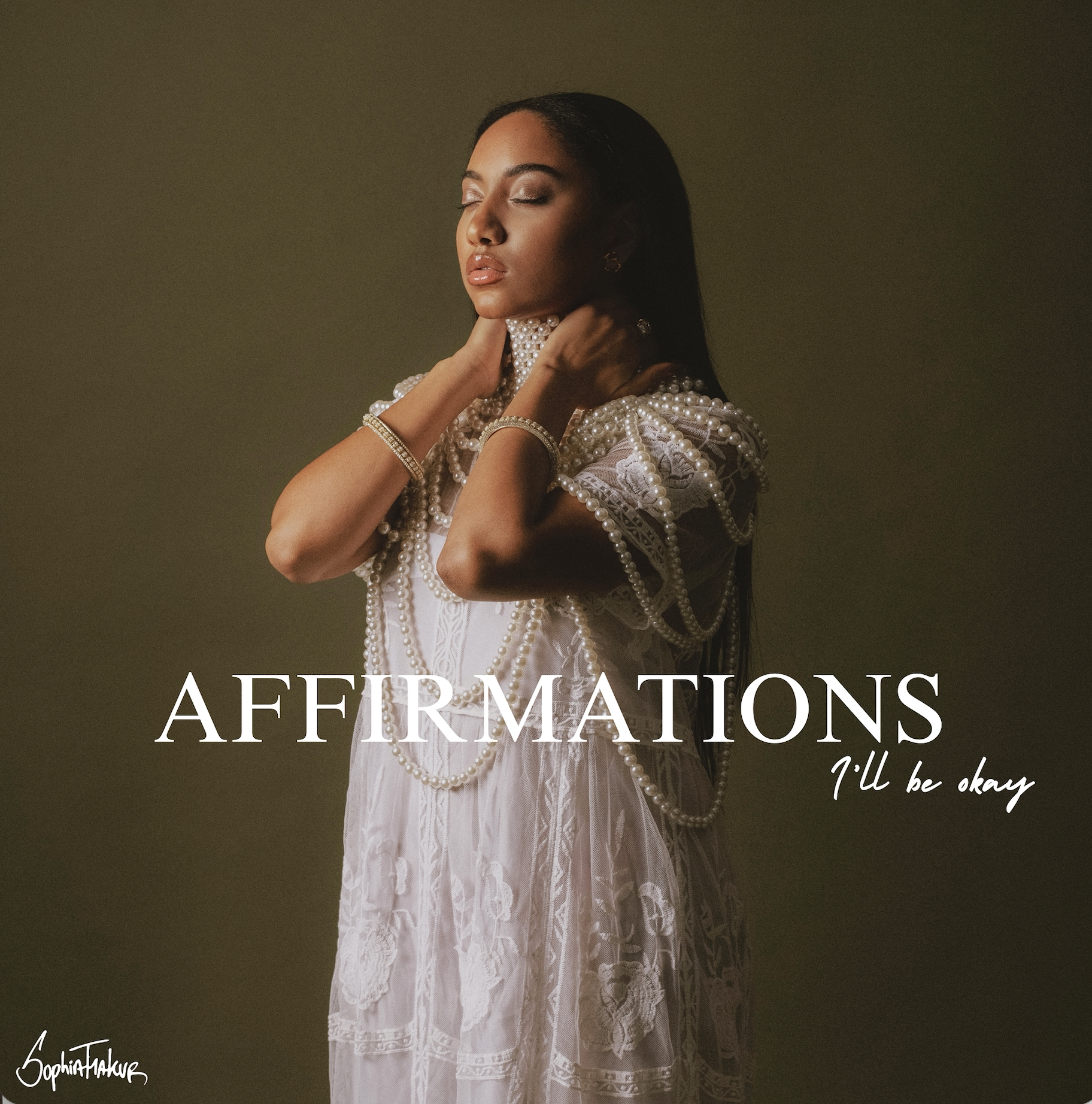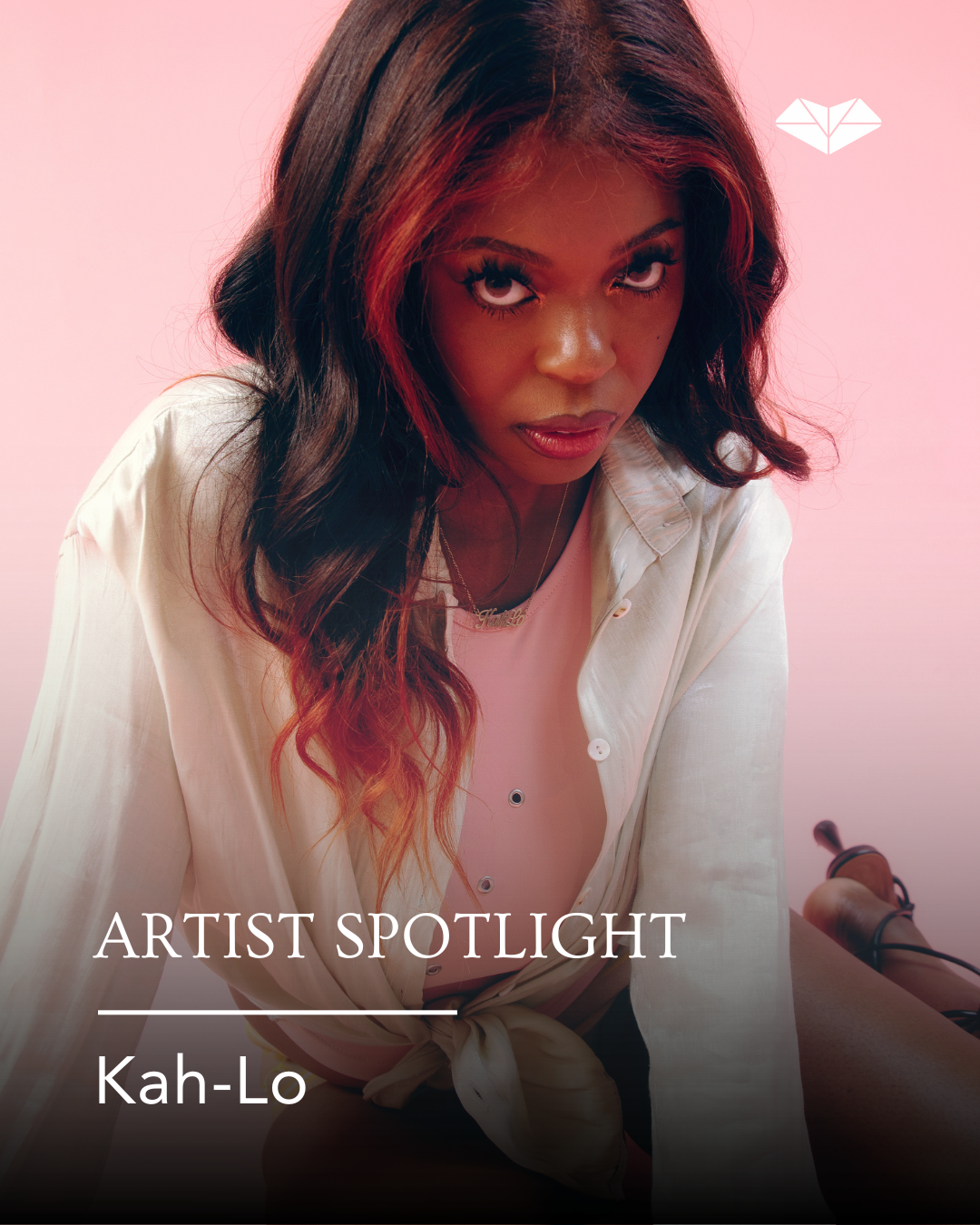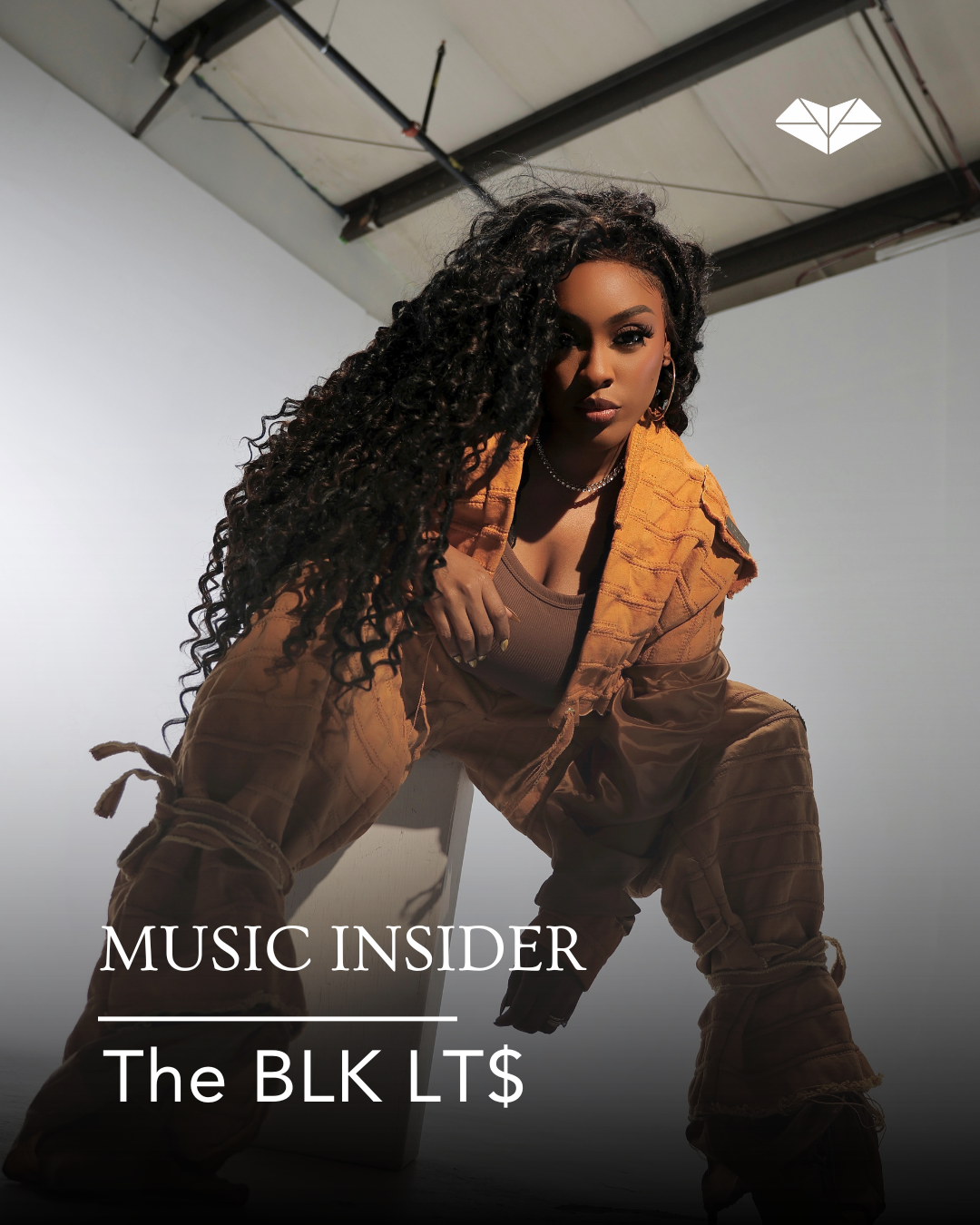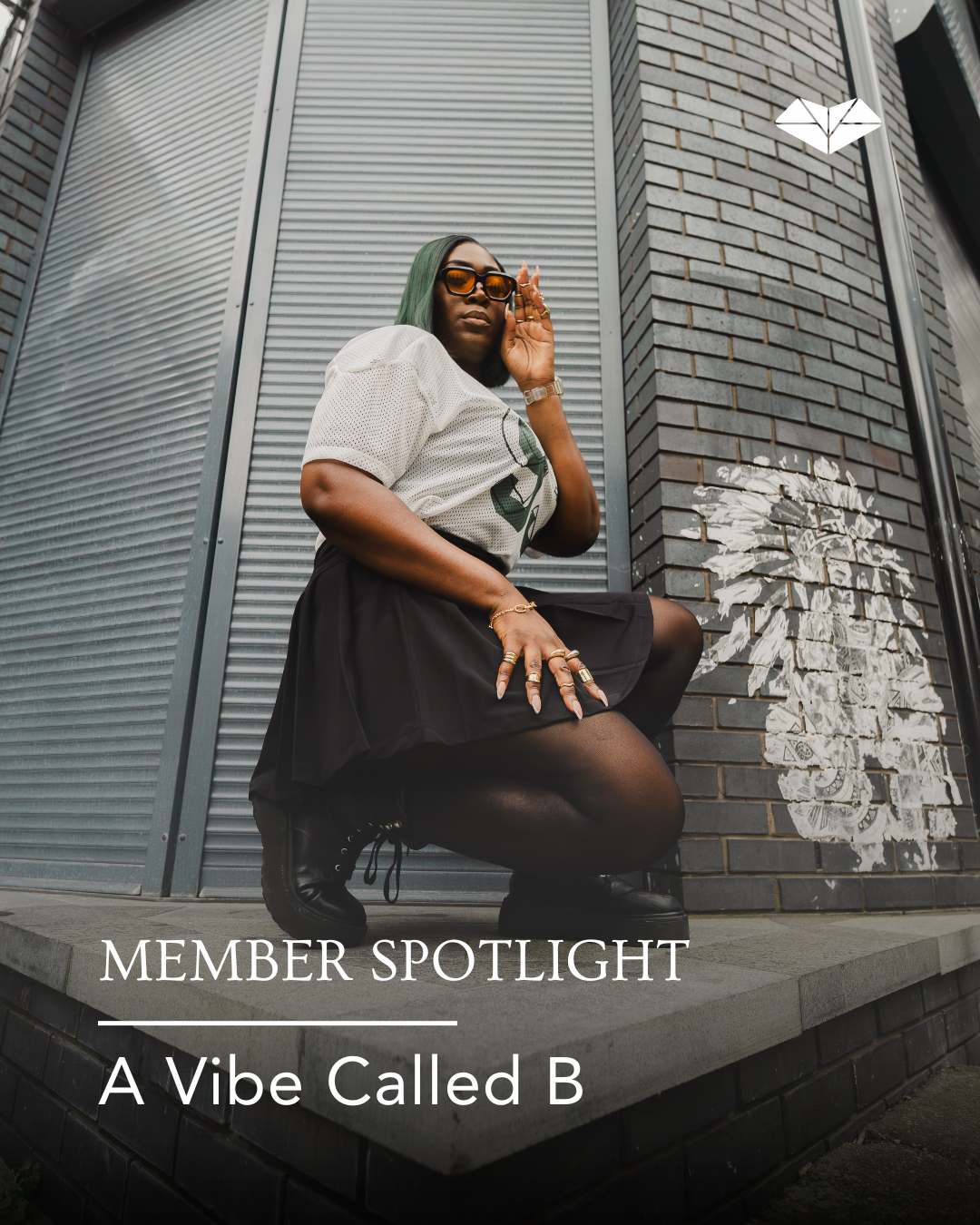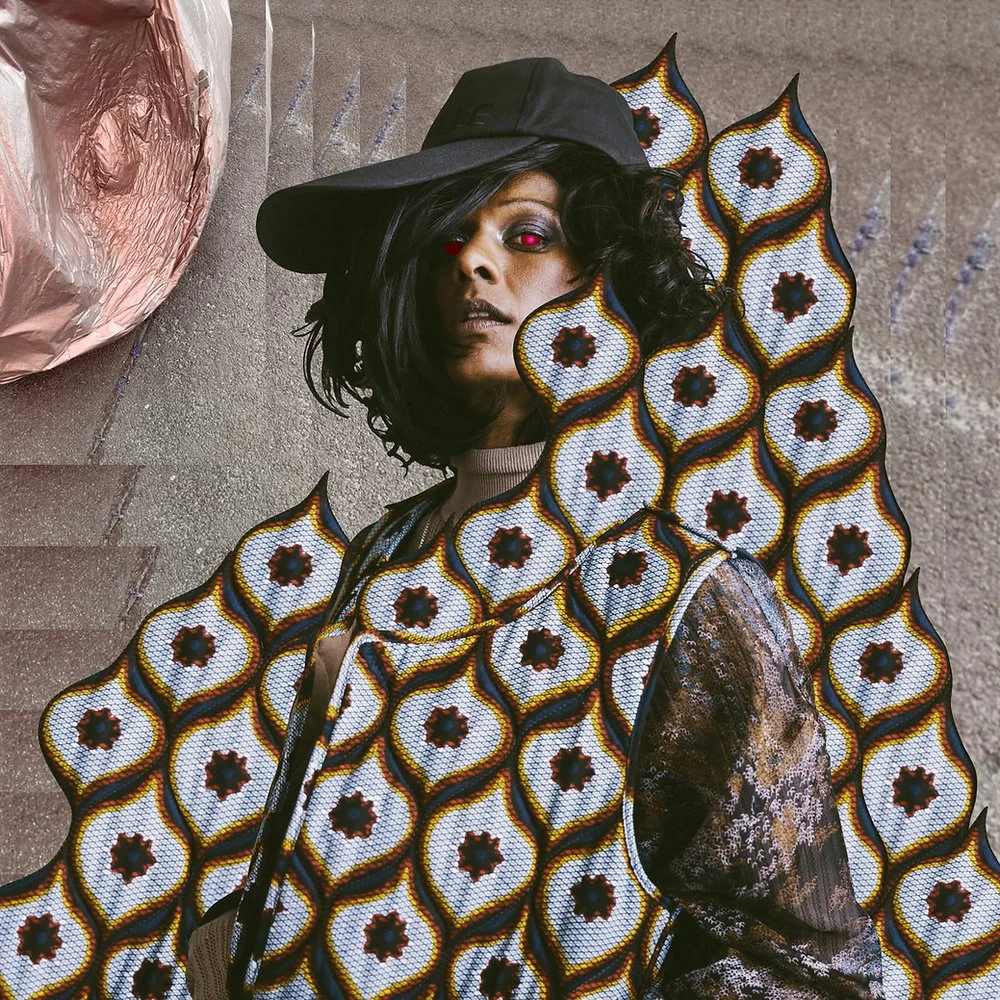Award-winning presenter, DJ and tastemaker Abbie McCarthy sits at the centre of the UK’s new-music ecosystem, with a career built on trust, curiosity and long-term artist development rather than hype. Best known for her work on BBC Introducing, McCarthy has been instrumental in discovering and championing emerging talent, earning a reputation as a reliable first listen for artists on the cusp of wider recognition.
Her impact has been recognised across the industry, including induction into the Roll of Honour at Music Week Women In Music Awards and a Silver ARIA for Best Music Presenter.
Alongside radio, McCarthy has become a familiar face on some of the UK’s biggest stages, making history as the first woman to host the main stage at Reading Festival and fronting coverage from Glastonbury, Abbey Road Studios and major red-carpet events. A sharp, instinctive interviewer, she brings the same depth to The Eras Podcast, where she explores the creative turning points that shape artists’ careers, with guests ranging from rising stars to established international acts.
McCarthy is also the founder of Good Karma Club, a critically respected live platform now celebrating its tenth year, known for championing artists early and pushing back against pay-to-play culture.
Beyond music, her work extends into sport and culture through presenting roles with BBC Sport, Chelsea TV and major live events, reflecting a broader approach to broadcasting rooted in personality, credibility and genuine connection. In this Q&A, McCarthy reflects on how it all began—and the values that continue to shape how she works today.
How did you first get your start in music and radio, and what helped you find your path early on?
My very first show was on student radio while I was at Warwick Uni. Presenting immediately made sense - I’m obsessed with new music, I’m a big talker and I love getting to know people. Realising I could combine all of that into one job lit a proper fire in my belly and I started applying for work experience at the BBC and volunteering at both community and hospital radio.
I got to intern at BBC Radio 6 Music for a month and loved it so much - I helped with show notes, I got to see Haim play in the Live Room and be in the studio observing some of the absolute best in the business. My cups of tea must have been top tier because when my placement came to an end, I was offered the opportunity to work as a freelance Assistant Producer across the network. Quite soon after that I was on air presenting music news and covering my local BBC Introducing show too.
What does a typical day in your life look like?
No two days are ever the same, which is honestly one of my favourite things. There’s usually lots of listening to new music, then there’s deep research for upcoming guests on my music interview series The Eras Podcast, curating lineups for my gig night Good Karma Club, calls / meetings, going to gigs, DJ sets and of course, some real life & silliness with friends and family in between.
BTS photos - Mercury Prize interview - Cat Burns
What’s one lesson you learned early in your career that still shapes how you work today?
I was lucky enough to work with some of my favourite broadcasters as a producer before fully pursuing presenting myself, and they showed me two things that have really stuck - the importance of being a genuinely nice person and to always be authentic.
We’re in an era now where people are constantly looking for shortcuts, quick wins and overnight virality, but as hard as it can be, be patient! You’re learning so much along the way and when that dream opportunity arrives you’ll be more than ready for it and true authenticity always wins out.
When you’re choosing which new artists to support, what makes you stop and pay attention?
Artistry. I want to feel something - whether that’s vulnerability, escapism or joy. It’s less about polish and way more about personality and intent. If it feels like an artist really knows who they are, I’m listening. A strong song will always cut through, but great artistry, world building and true fan connection is what keeps me invested.
What inspired you to start Good Karma Club, and what have you learned about spotting potential in new artists?
Experiencing live music is one of the best things ever and I wanted to find a way to further support the new artists I was playing on the radio. When I was breaking into the industry, there were so many nights in London where artists had to pay to play, which is so wrong! I wanted to create opportunities open to everyone.
Intimate shows are where real artists shine. They’re not hiding on a massive stage with epic production but showing up and riding the feeling that this could be the start of something. Honing their craft, building that confidence and road testing their music.
The nights where you spot real potential and songs connecting in real time are such a rush, wish you could bottle up that feeling! I remember Olivia Dean playing at Colours in Hoxton for us and performing ‘OK, Love You Bye’ live for the first time and everyone in the crowd just looking at each other like ‘wow’.
This year we’re celebrating 10 years of Good Karma Club! I’m SO proud of the night and the community that we’ve built & am excited to see where it goes next…
Tips for anyone who wants to get into your industry…
Don’t wait for permission, start! If you want to be a presenter, launch your own online radio show or youtube channel and learn as you go. If you want to be an artist, start recording videos of you playing your songs at home. Don’t wait around for someone to give you an opportunity when you can create those first sparks yourself.
Honestly, shoot your shot babes! Everyone remembers what it’s like to be at the very beginning, and more often than not people are happy to reply to your message, share advice and help where they can.
The most important one - never be anything other than yourself. Trends change, platforms come and go, the industry is always chasing the next thing, but if you lead with authenticity and integrity, you’ll always win. The moment you try to mould yourself into what you think people want, you lose the thing that makes you unique.
3 things that you can’t live without in your bag.
Headphones (obvs)
A notebook - so my ADHD brain never forgets an idea !
A lil snack - must keep the hanger at bay…

